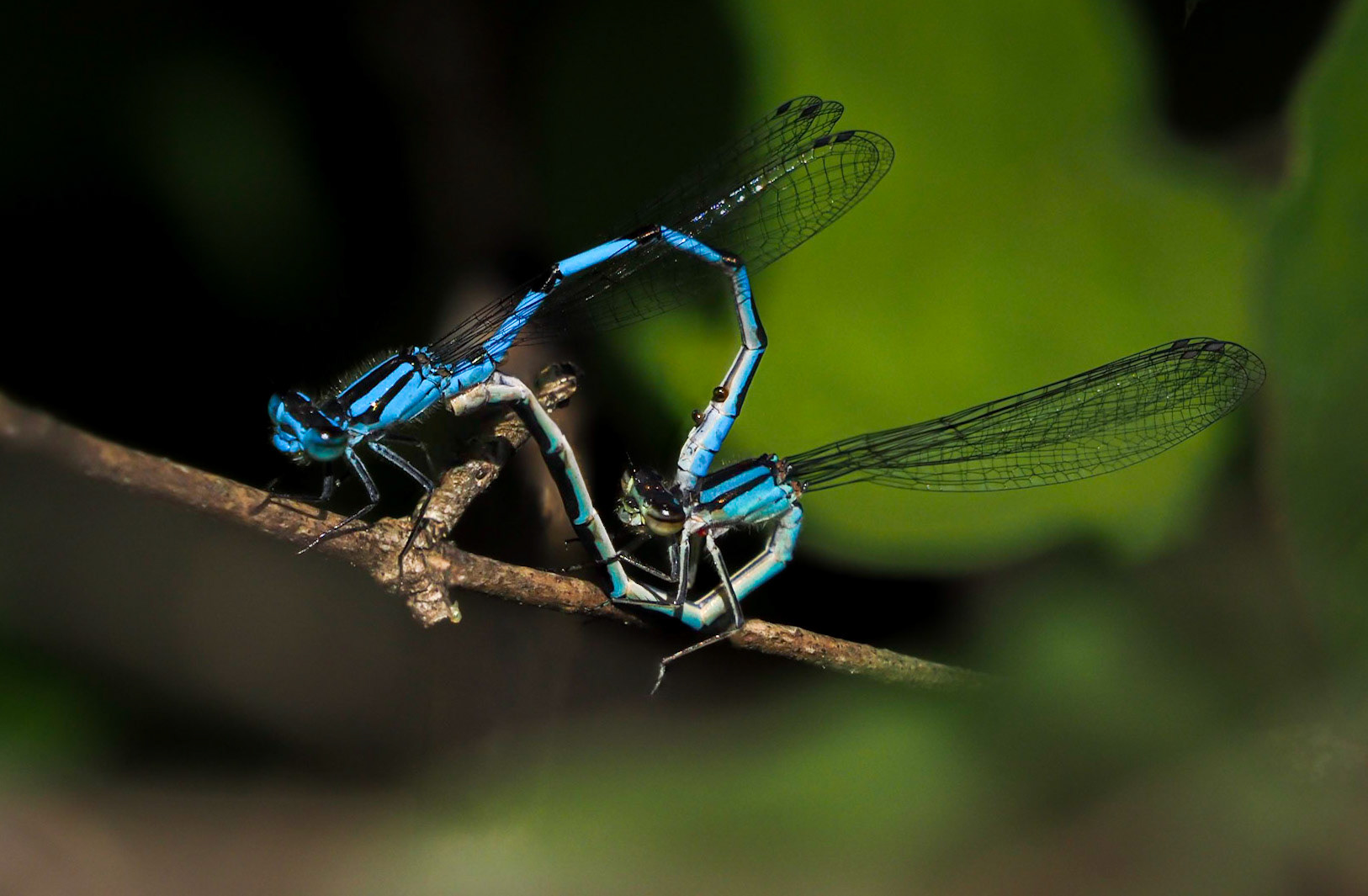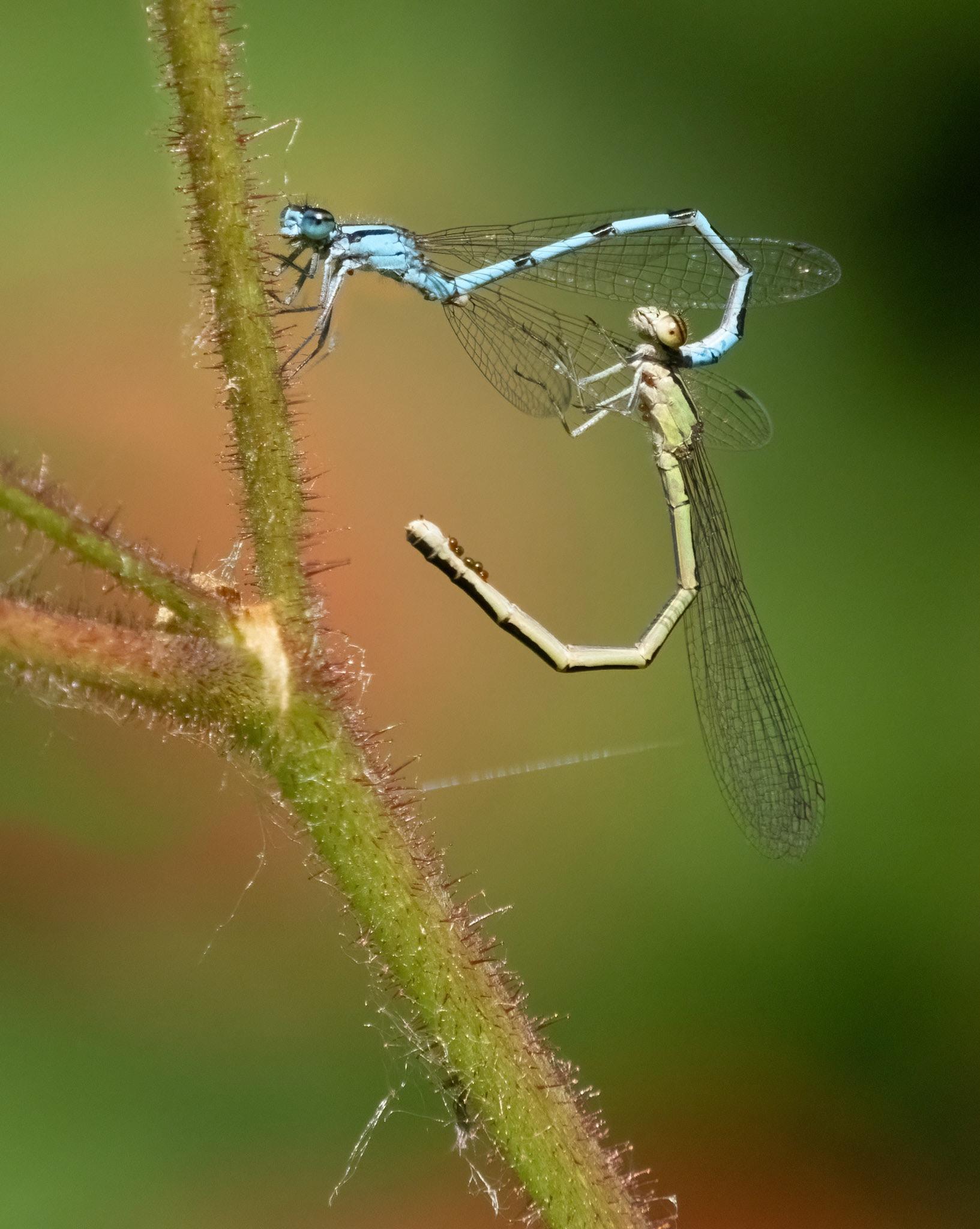While the storm in May did not do much damage at Mud Lake, but it seems to have had an effect on some of the wildlife. There seem to be fewer male wood ducks than just before the storm, and compared to previous years. Females with new families seem to be lower than in prior years, although there were a few more towards the end of the month. No mallard families have been seen.
The lower numbers might not be caused by the storm, they might just be co-incidences.
The "throne" occupied by a Canada goose on nest in May was being checked out by a male wood duck in mid-June.
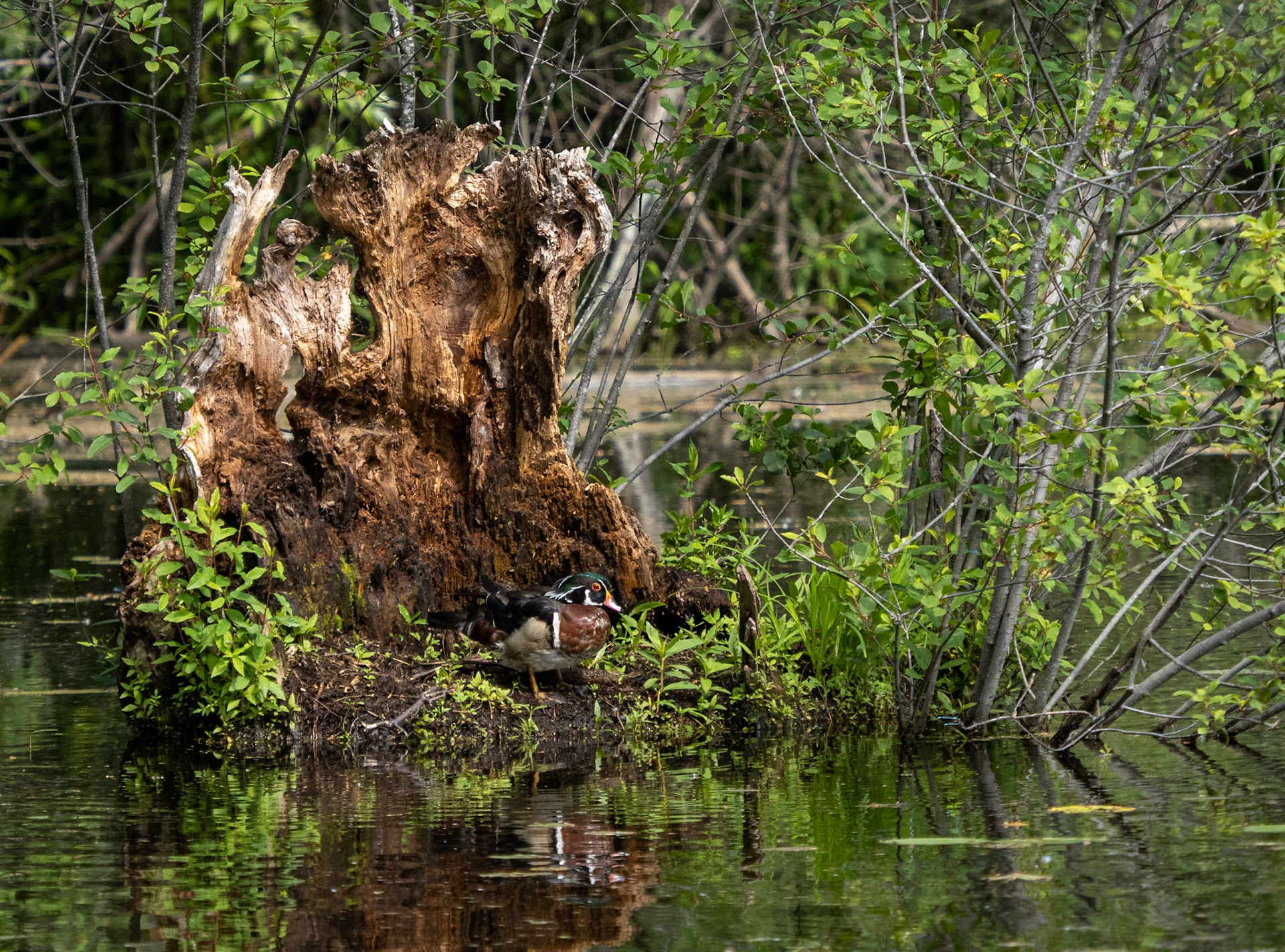
The male wood ducks were starting their moult, some were in full moult.
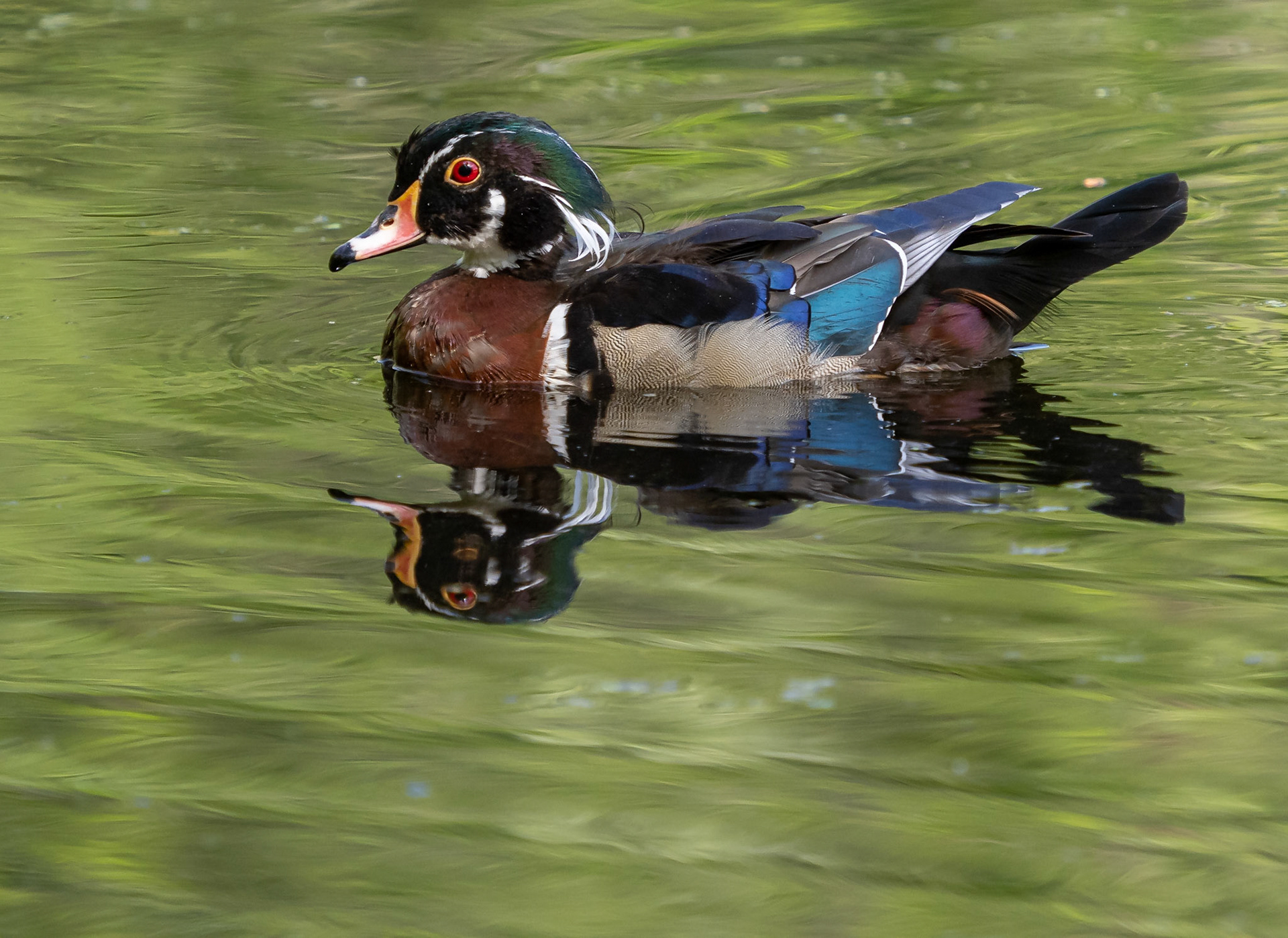
Male wood duck in early stages of moult
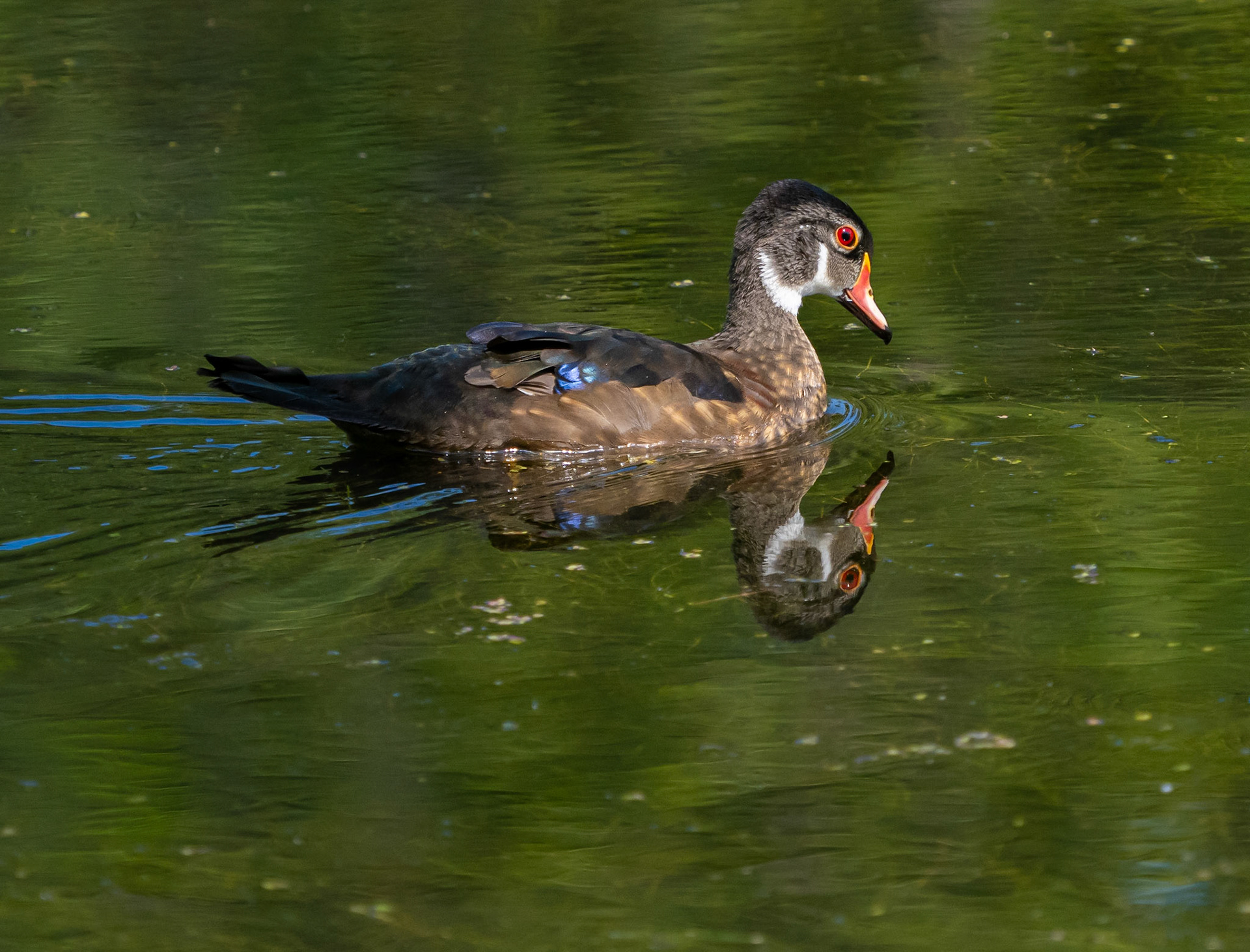
Male wood duck in full moult
Early in the month we found a clutch of young wood duck ducklings hidden in the underbrush of a flooded area. Later in the month a few more wood duck families had been seen with ducklings, but no mallard ducklings have appeared.
I really like the look on the duckling looking up at mum in the first picture.
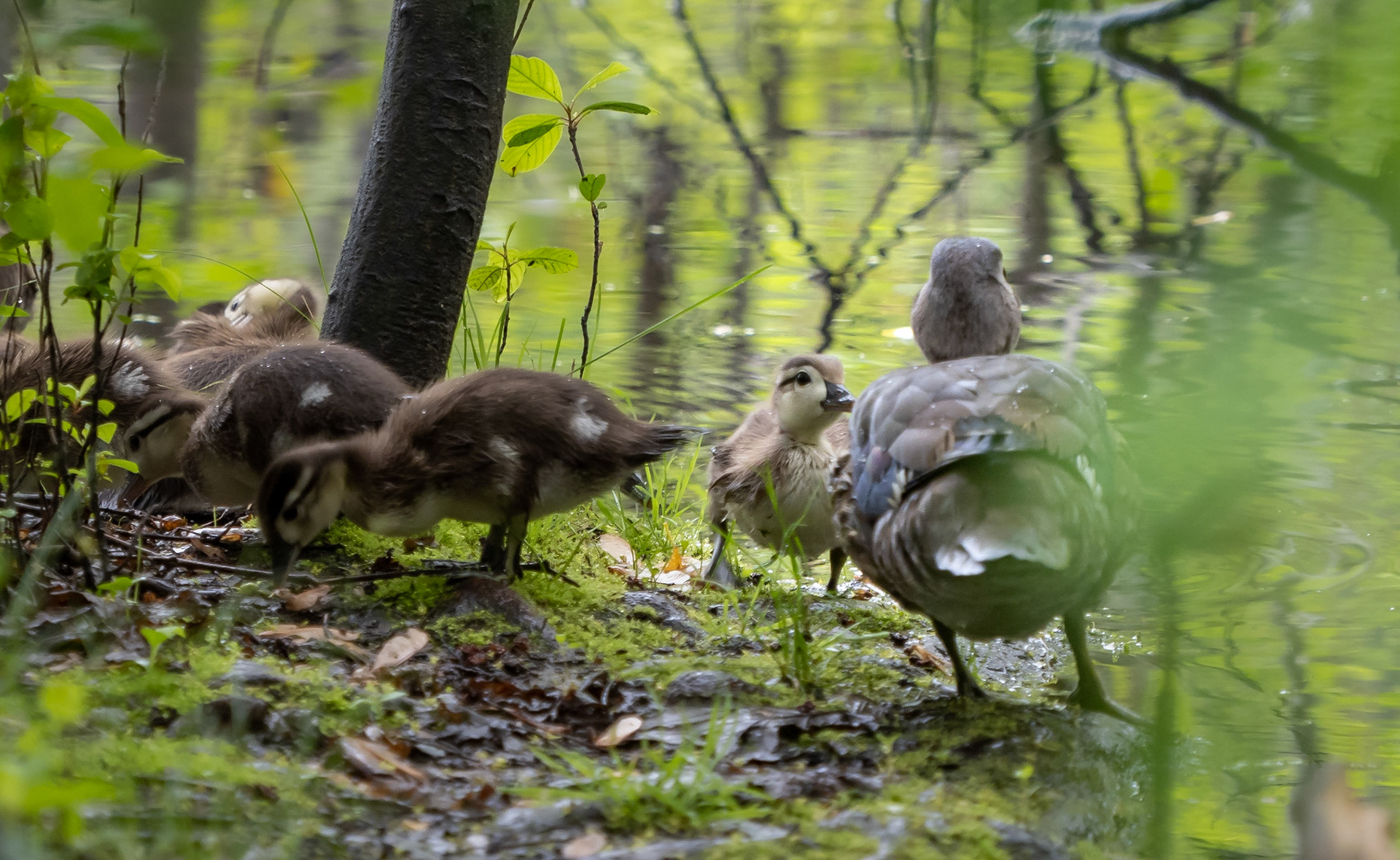

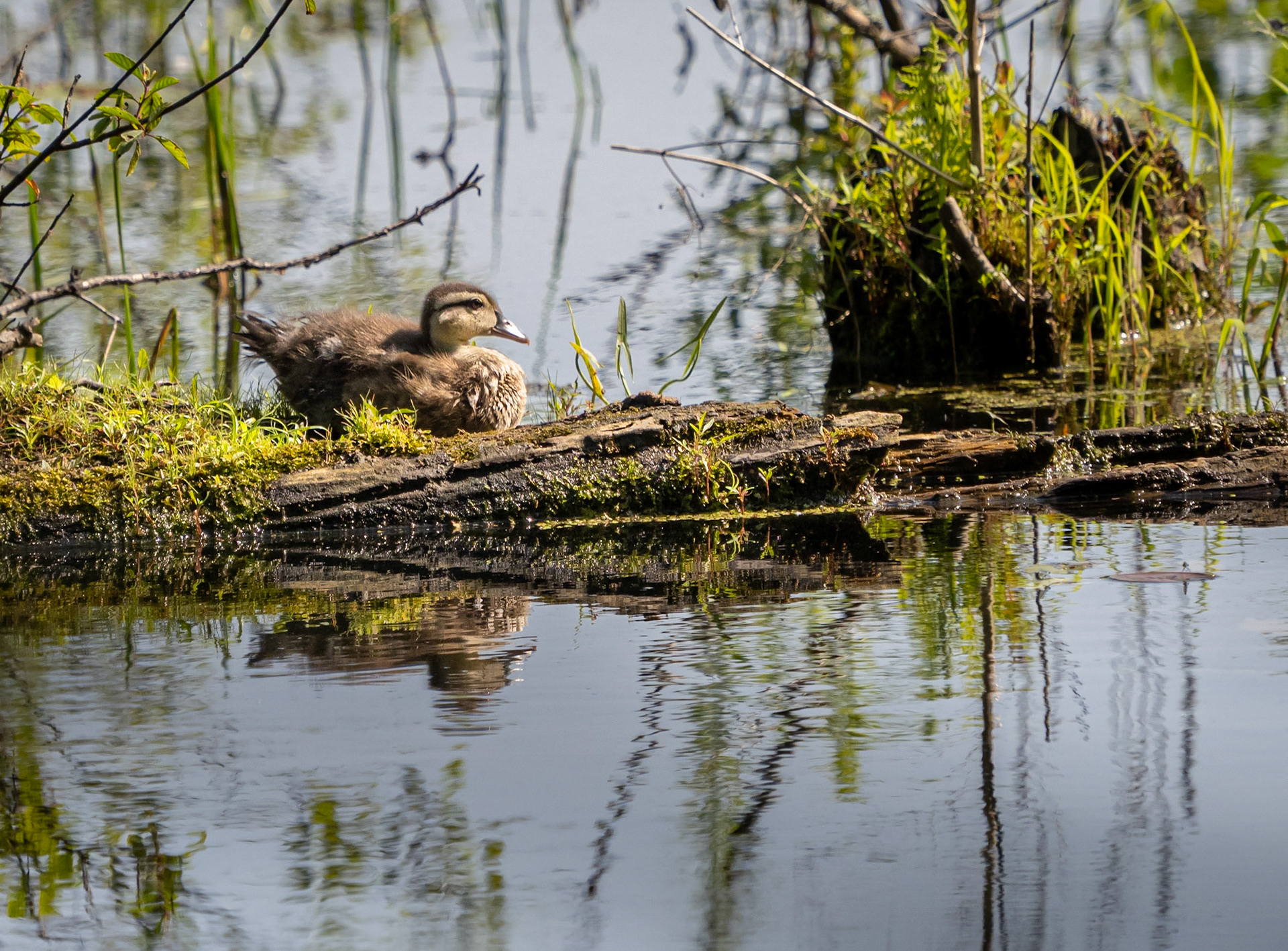
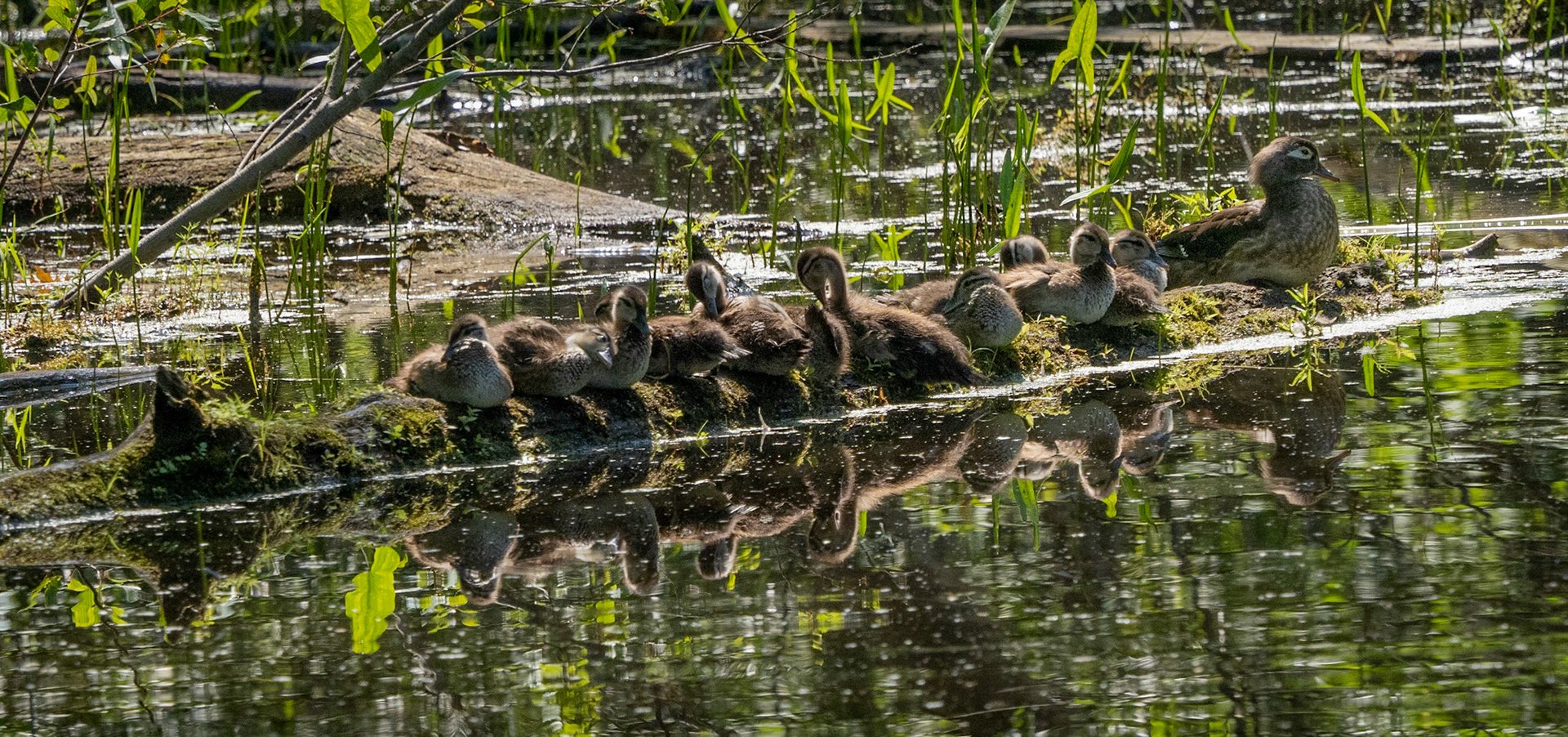
The turkeys were out and about at times. We found a few males that were seemingly practicing strutting their stuff. They seemed to be changing the colour of the neck wattles from pink to red which they normally do in matting season.. The "snood", the growth above their beak, on some was upright, on others limp and hanging down over. One seemed to be trying to get its tail feathers up, but didn't manage a full display.
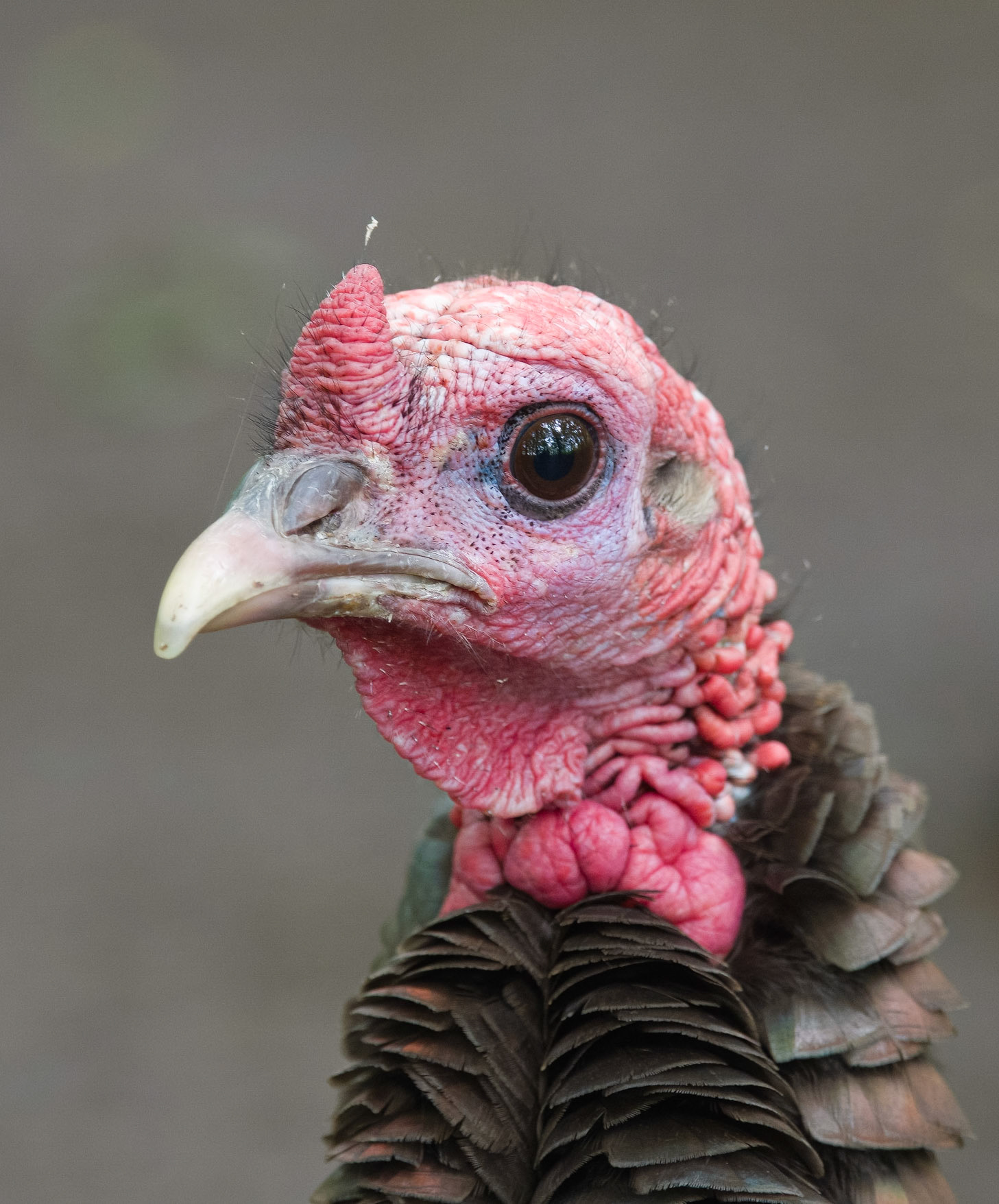
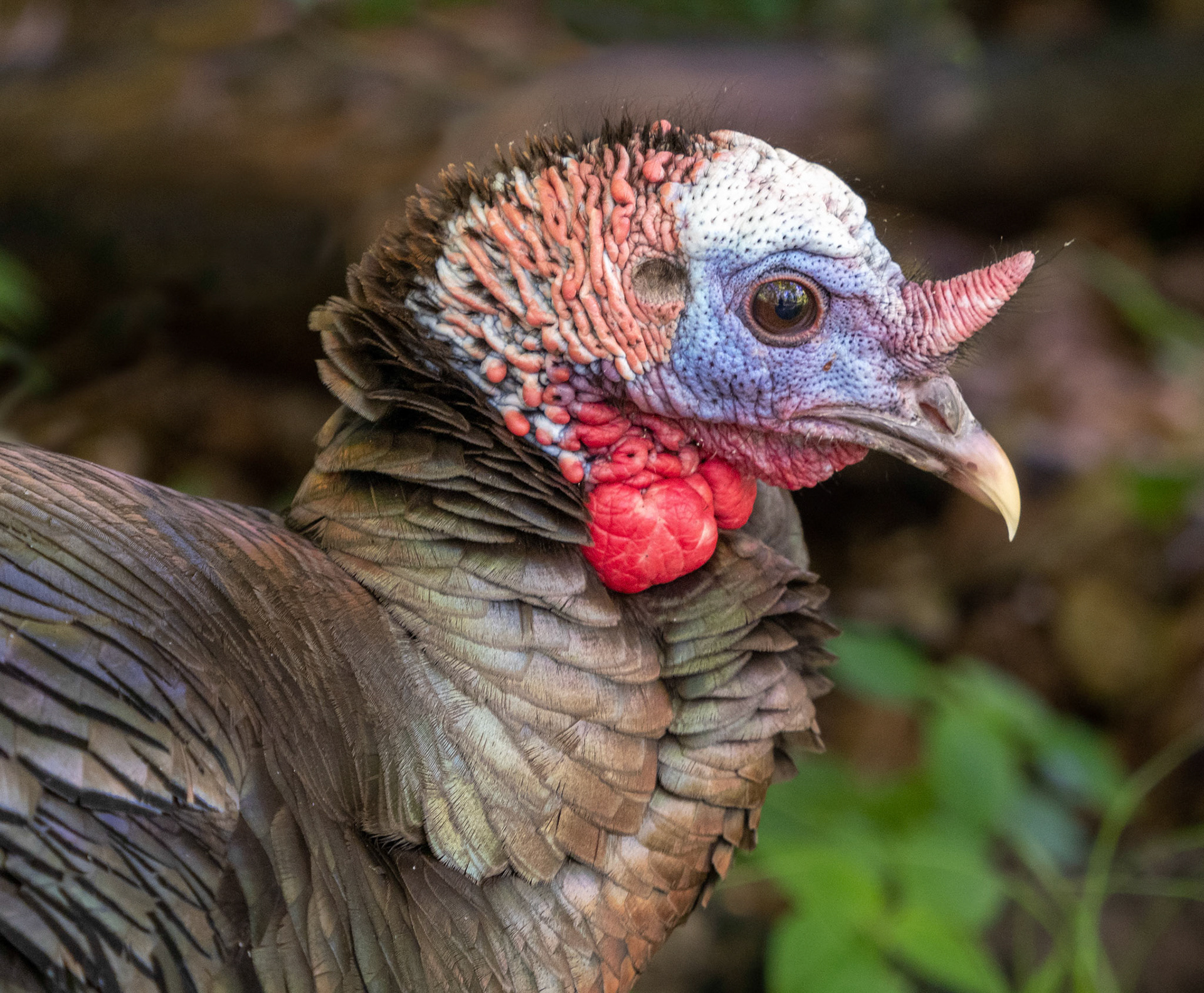
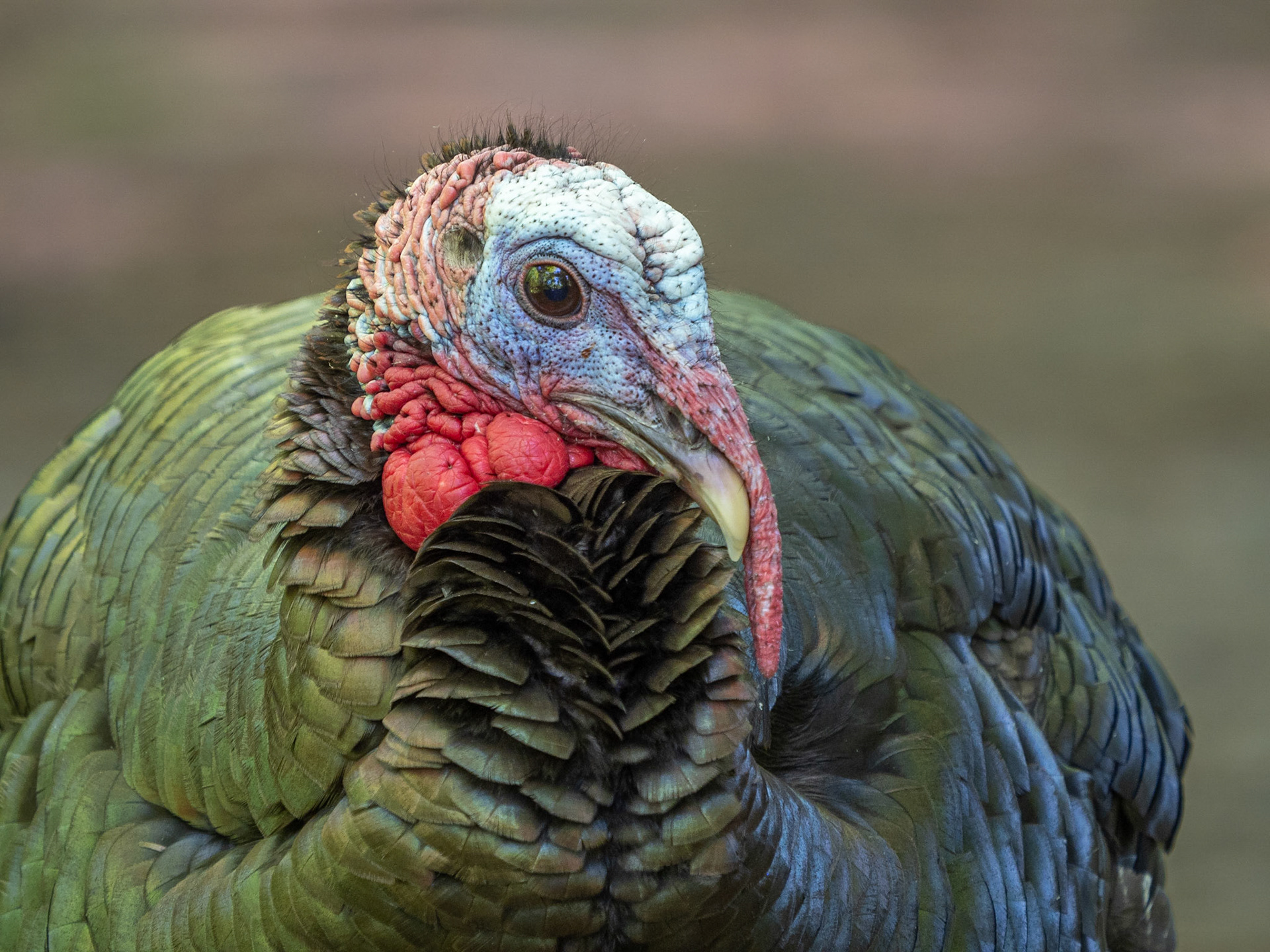
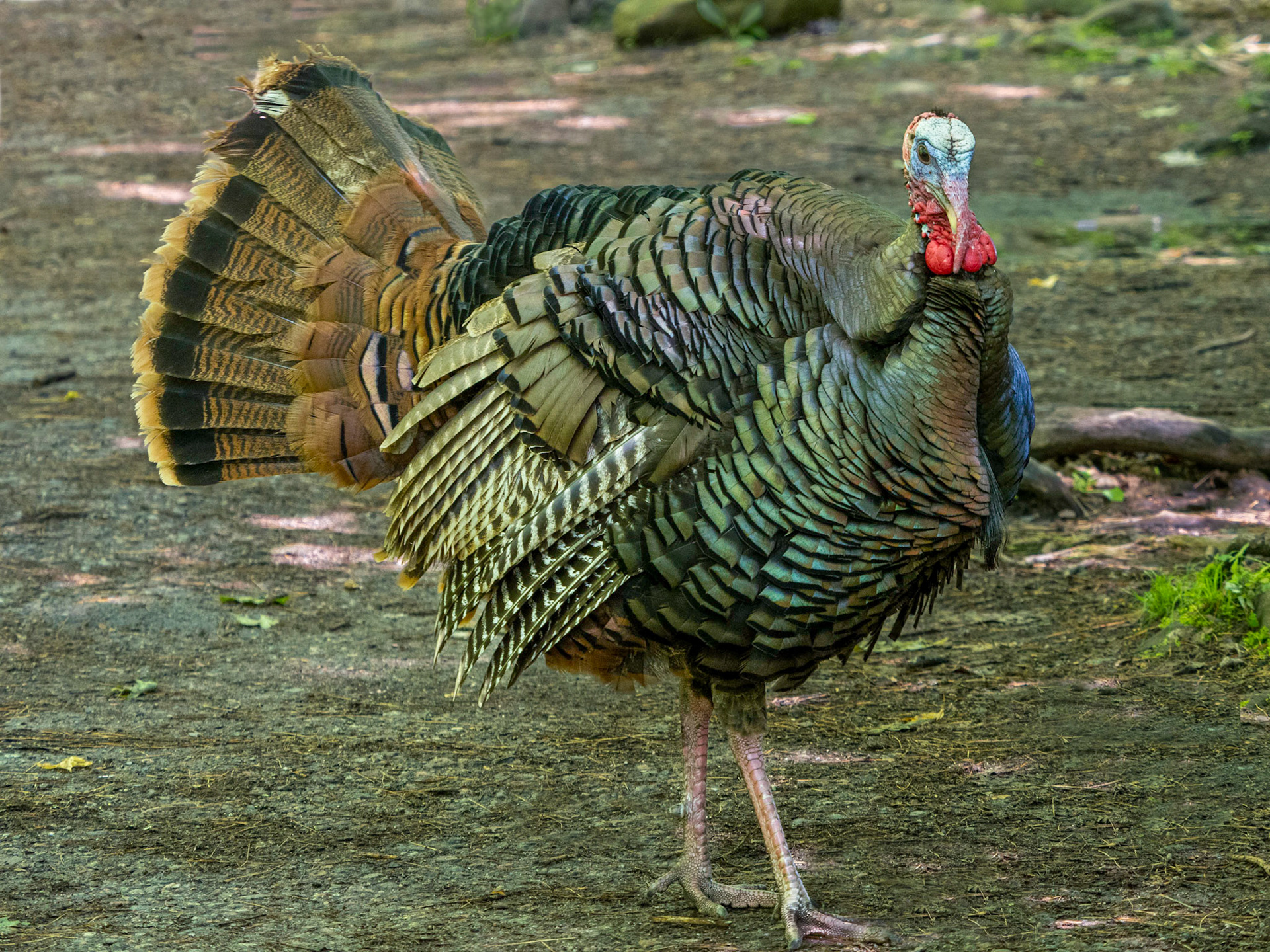
The action in March (see the "Plethora of Birds" story) produced a clutch of nine poults.
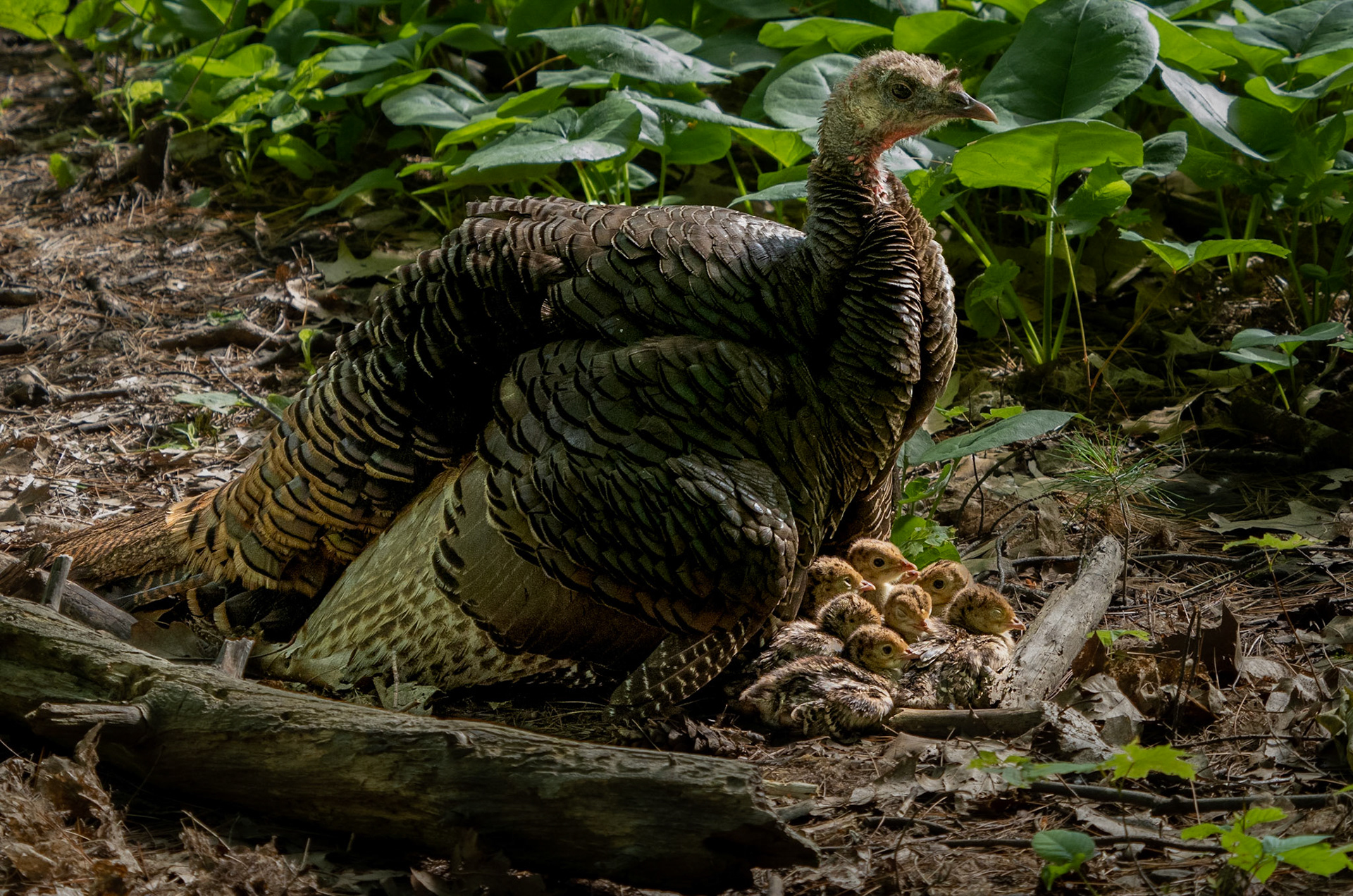
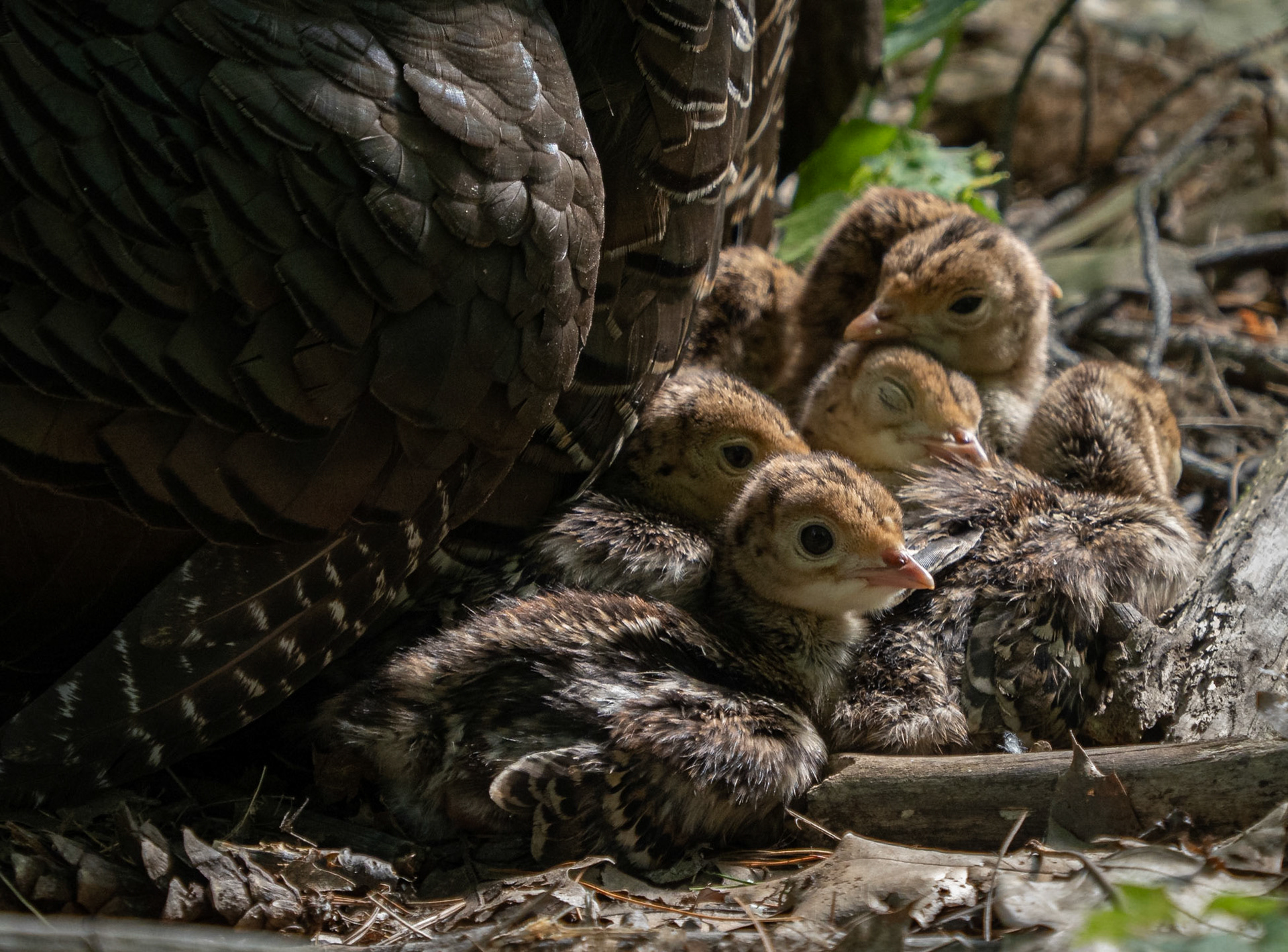
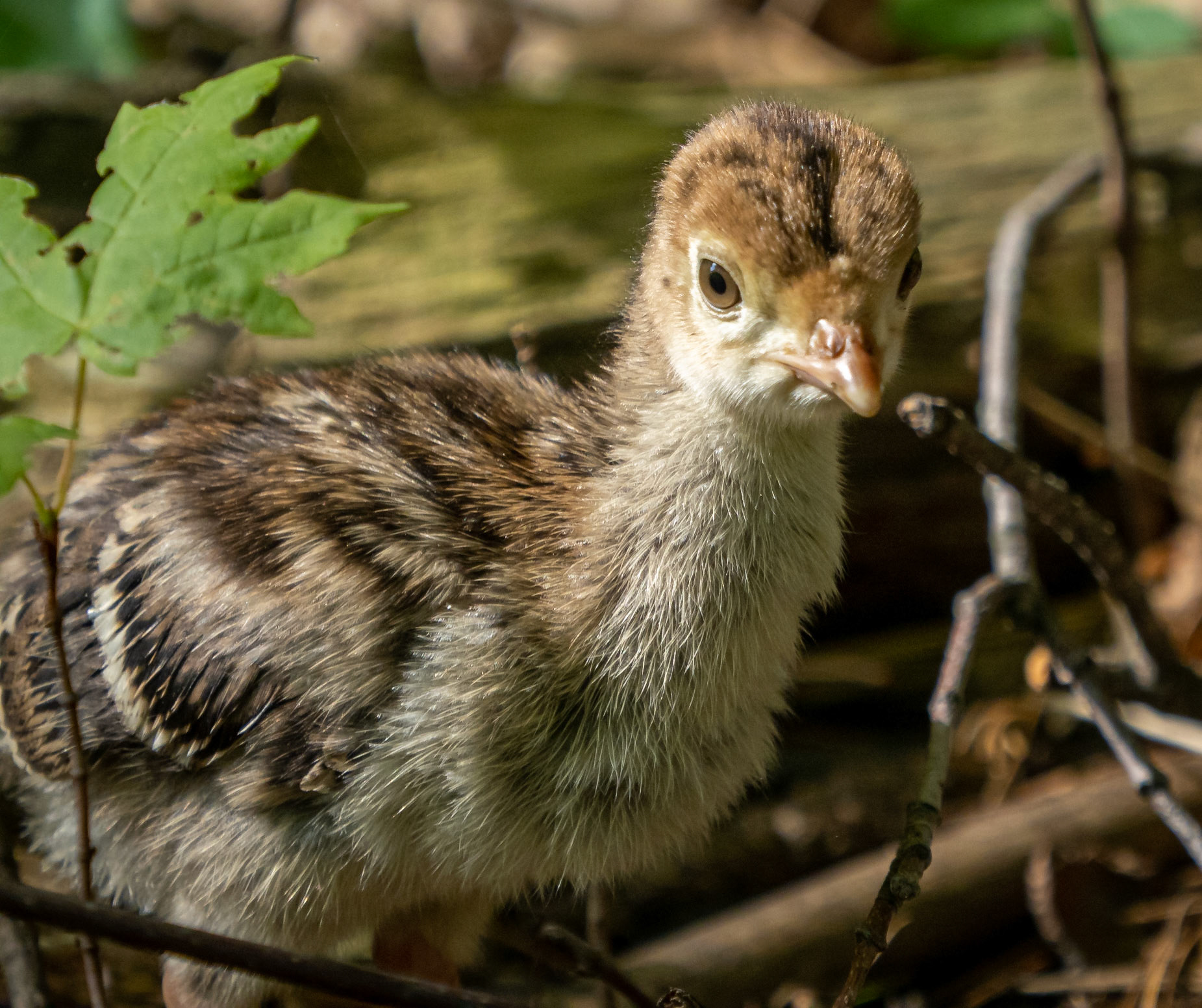
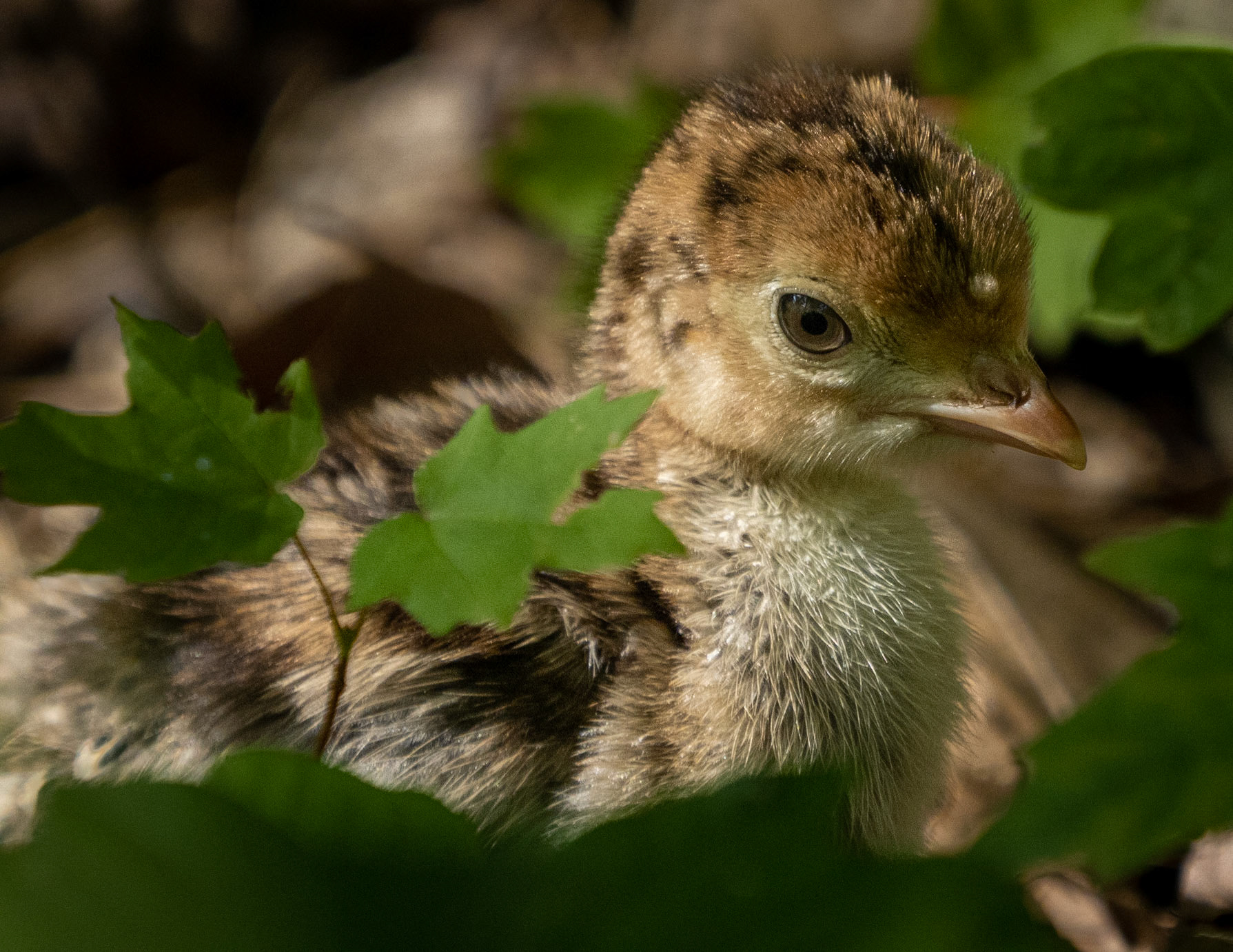
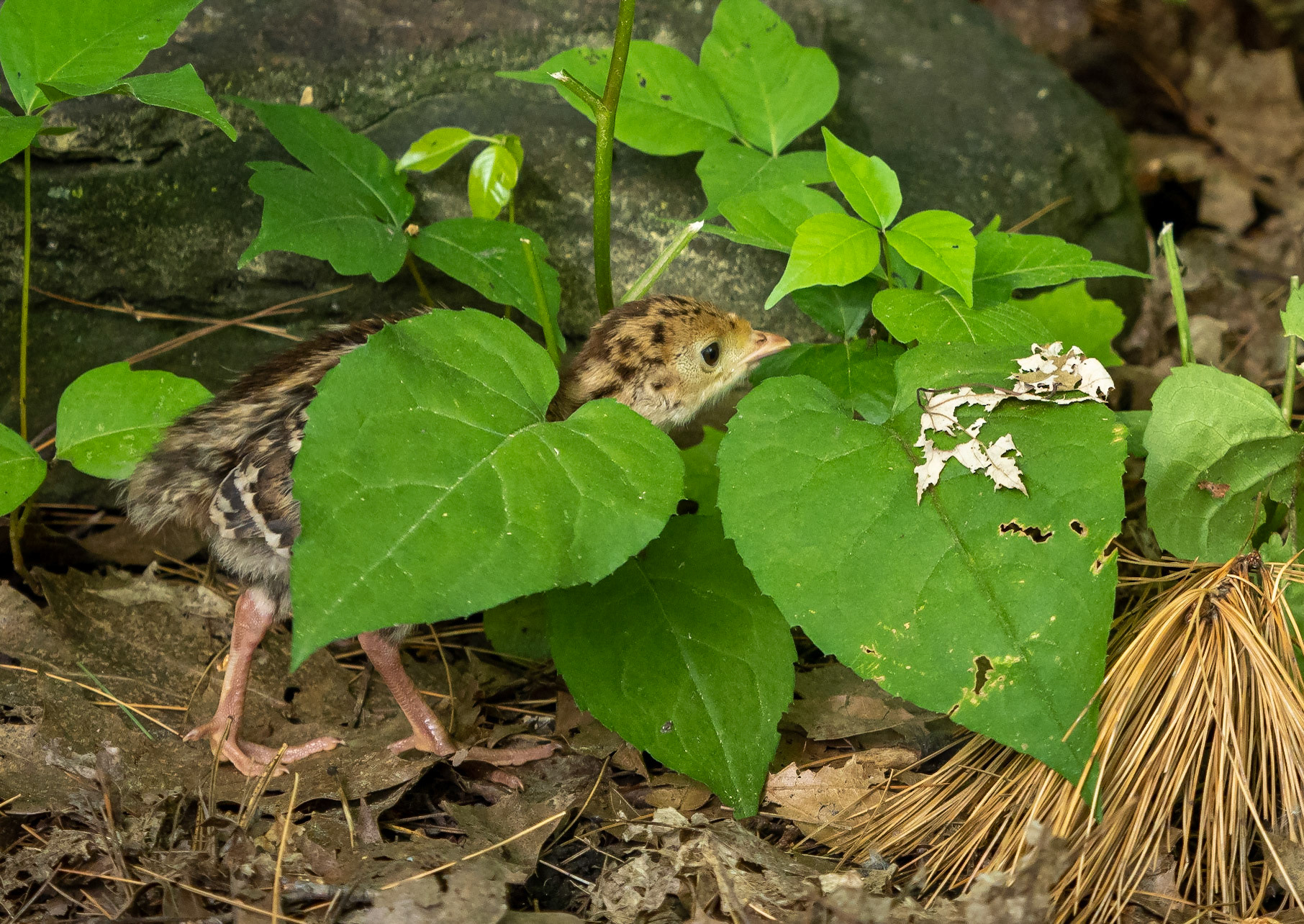
While not a location known for flowers, there were a number of blossoms around.
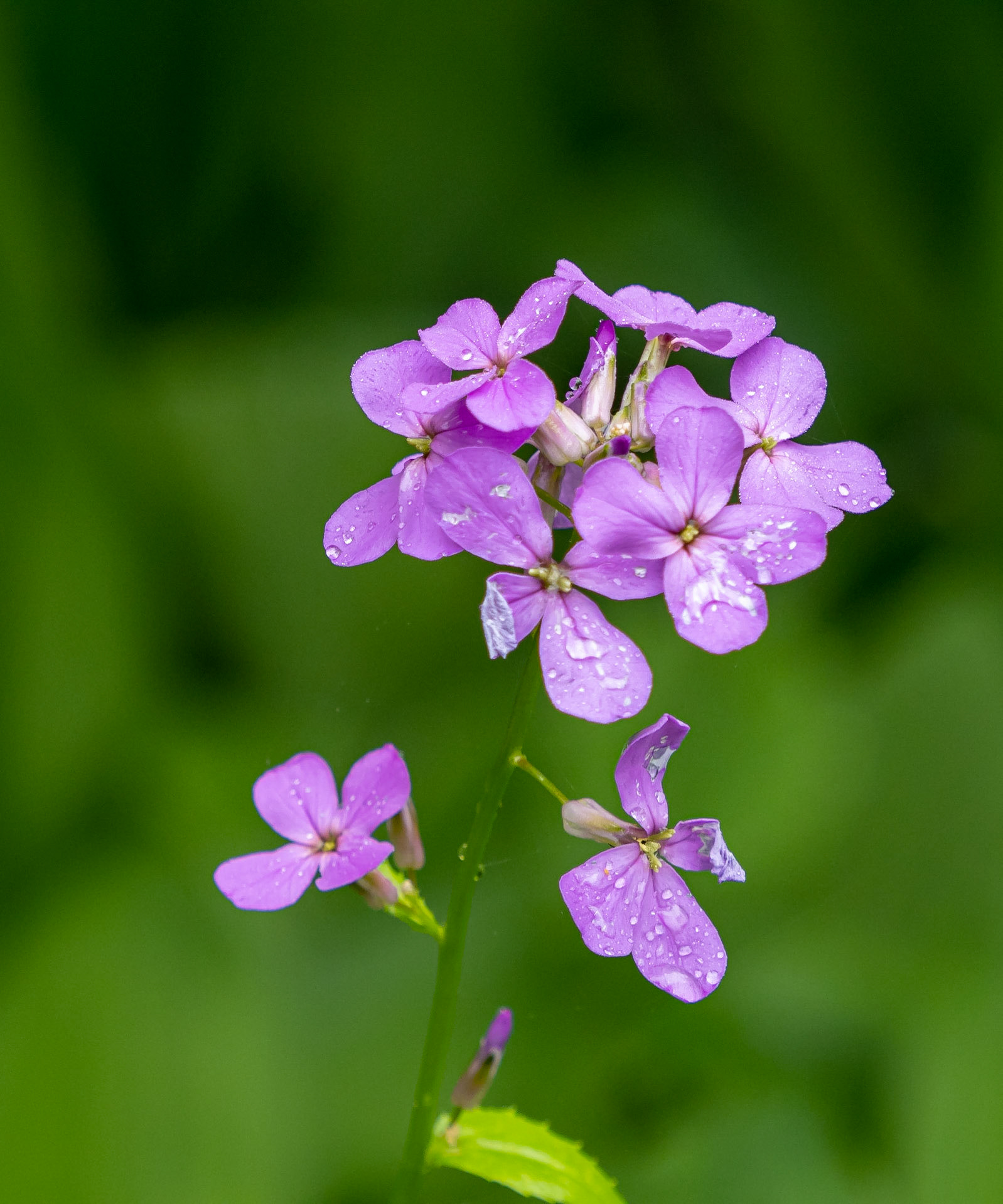
Dames rocket
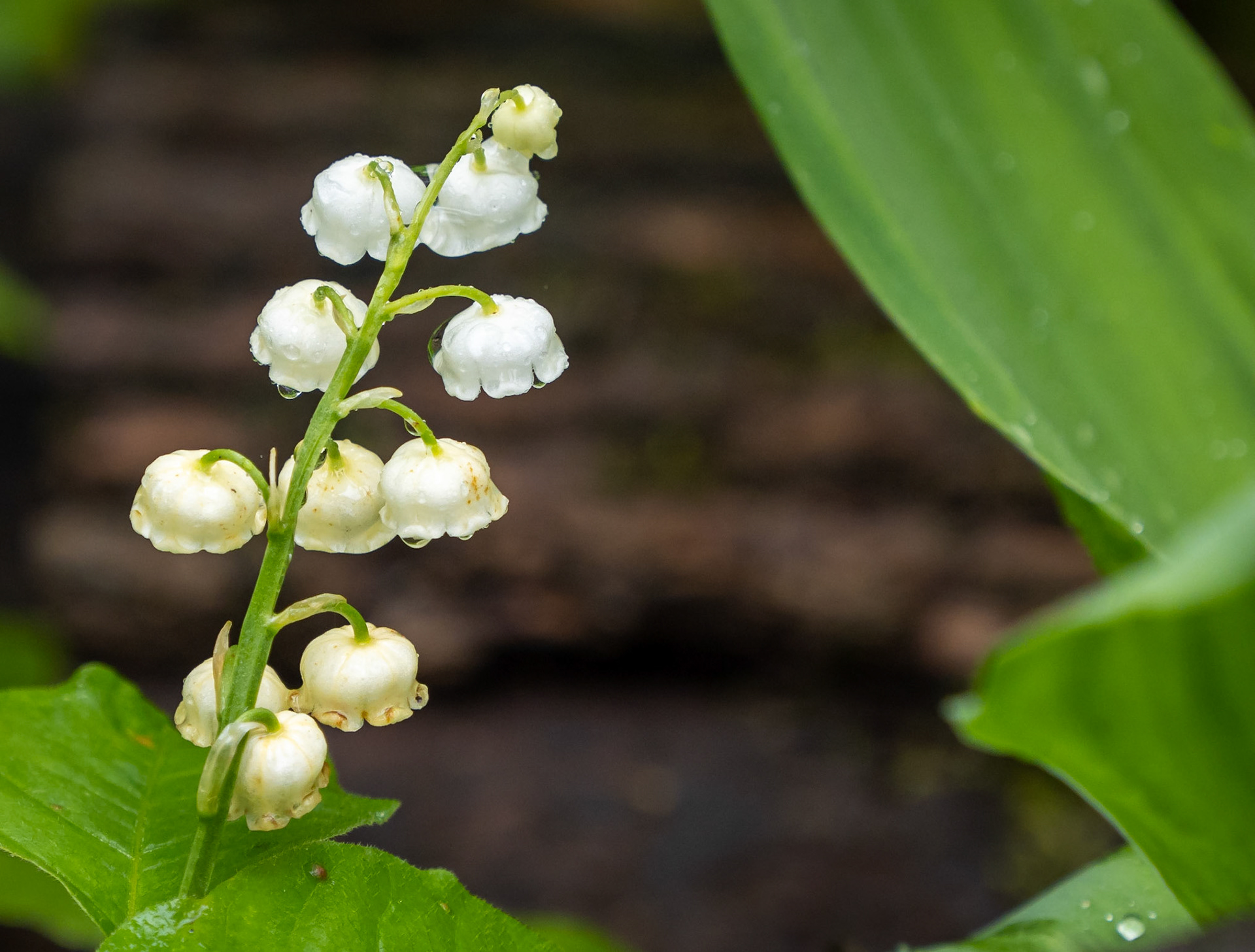
Lily of the valley
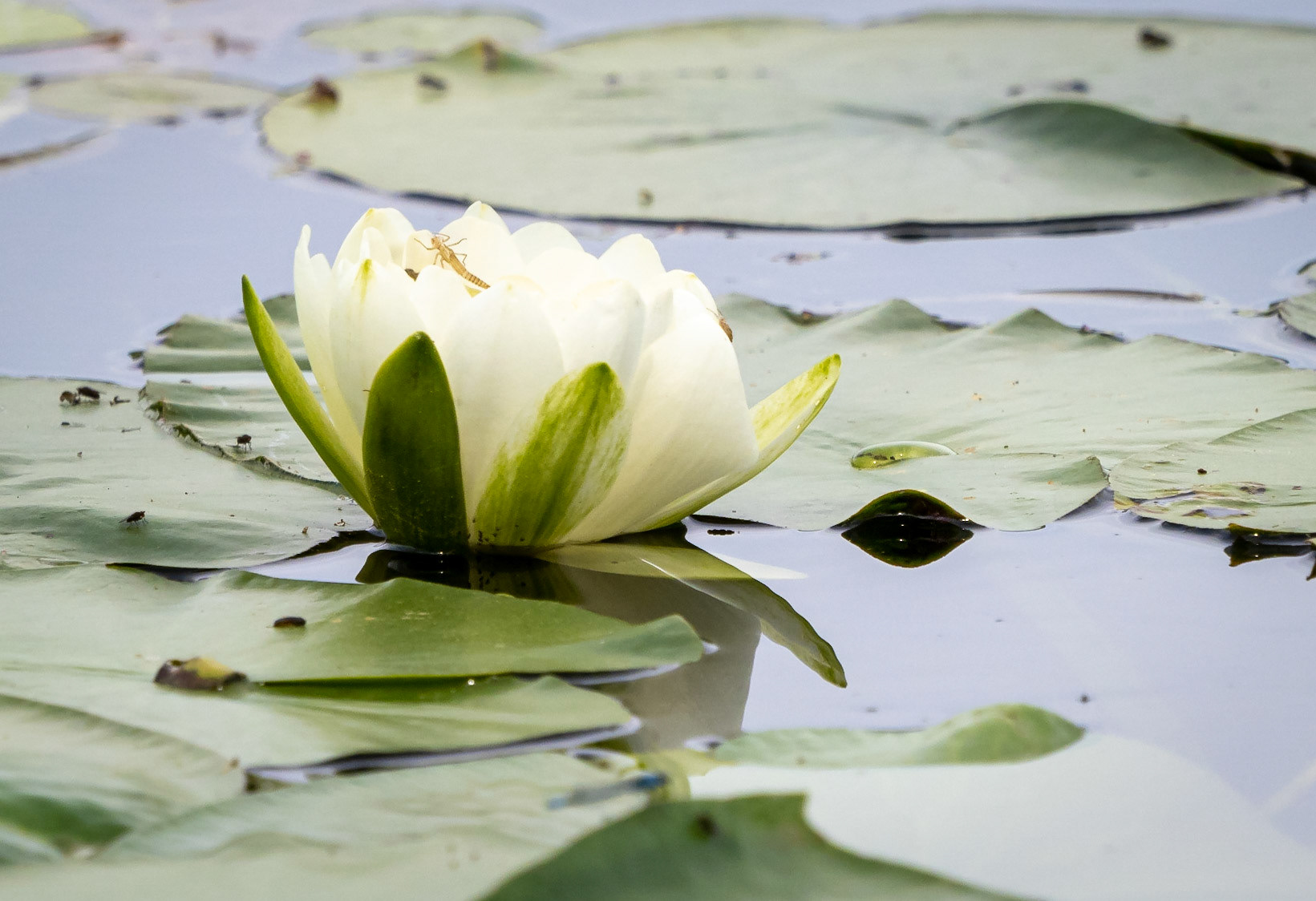
White waterlily (with a mayfly nymph shell)
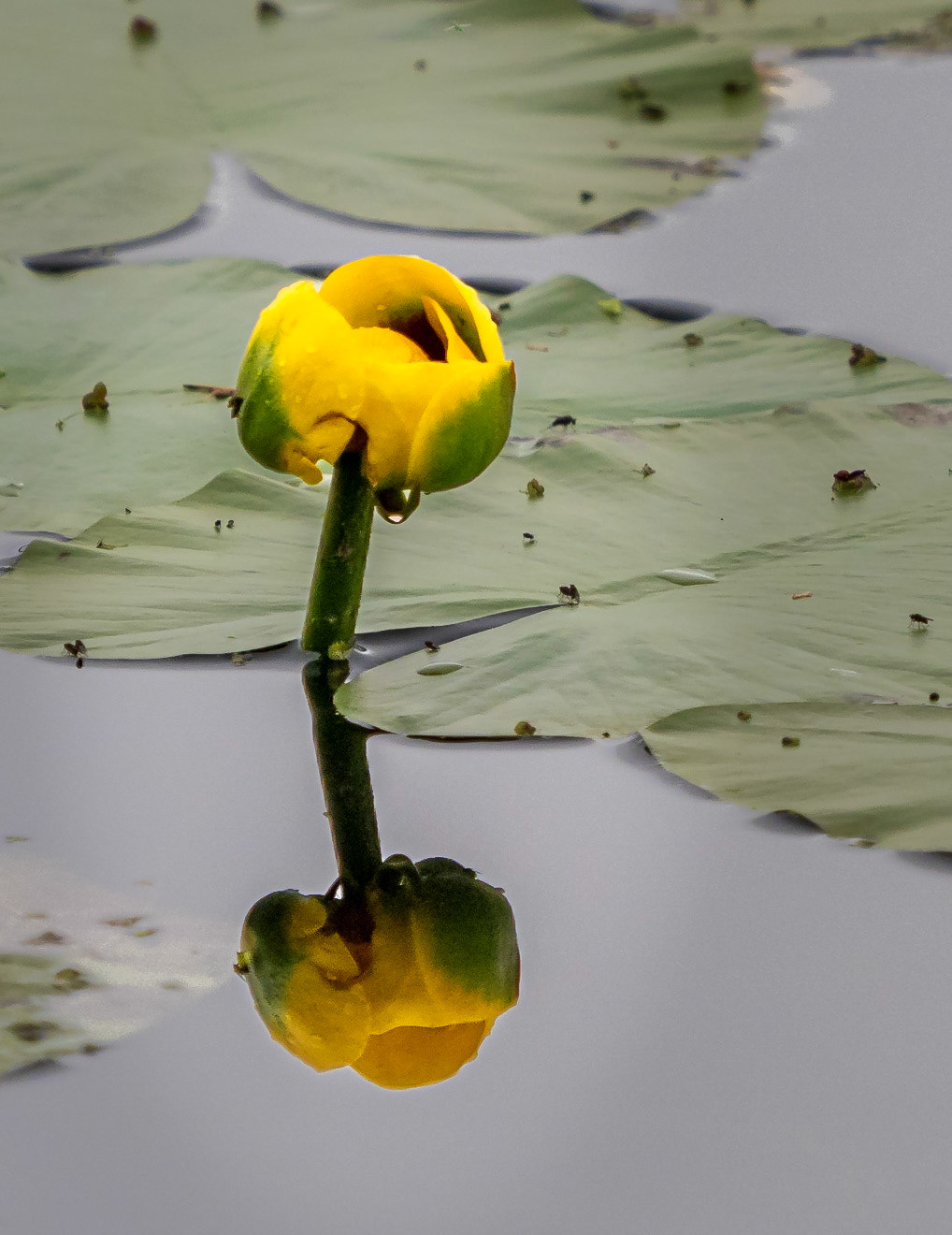
yellow waterlily
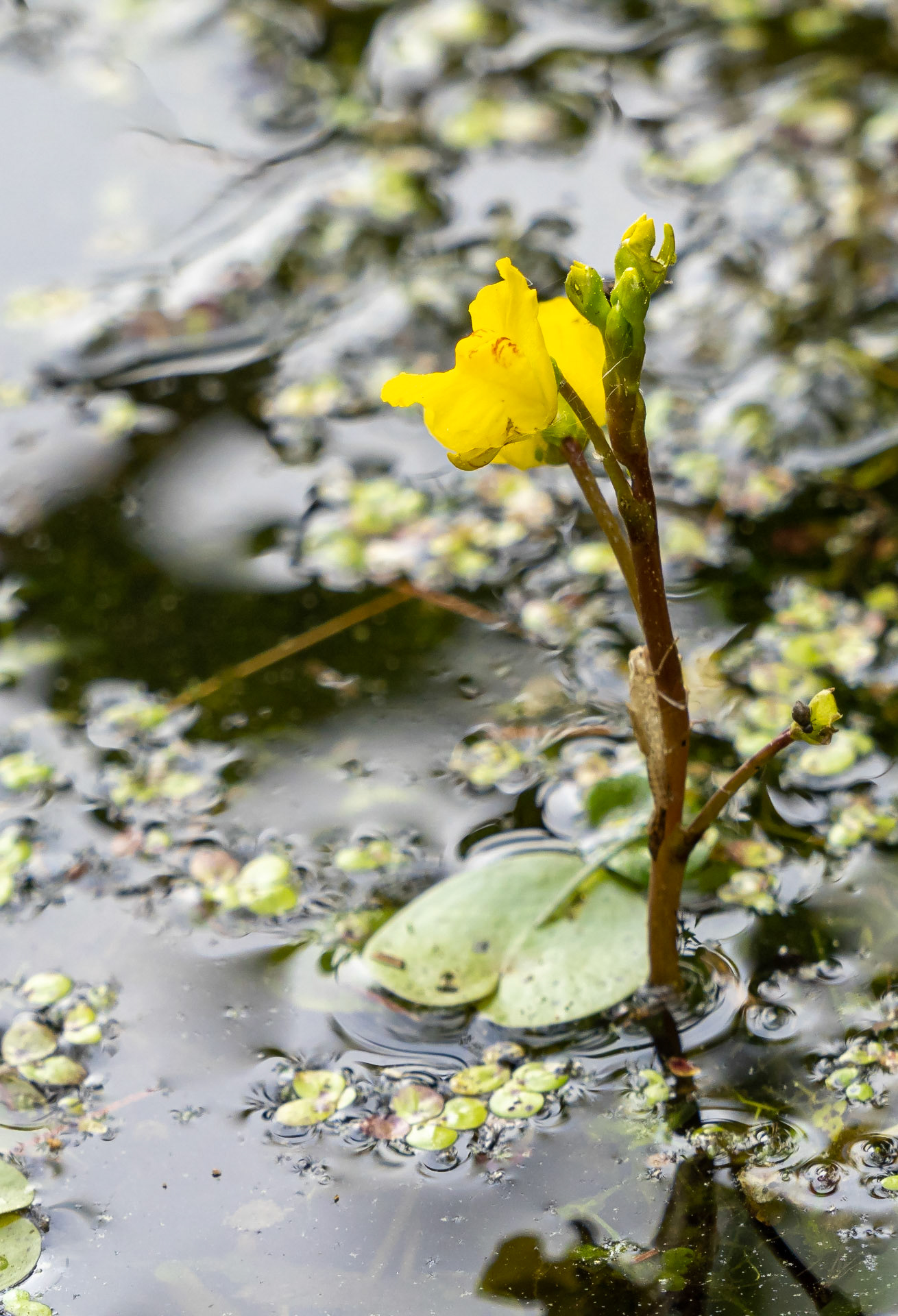
Bladderwort
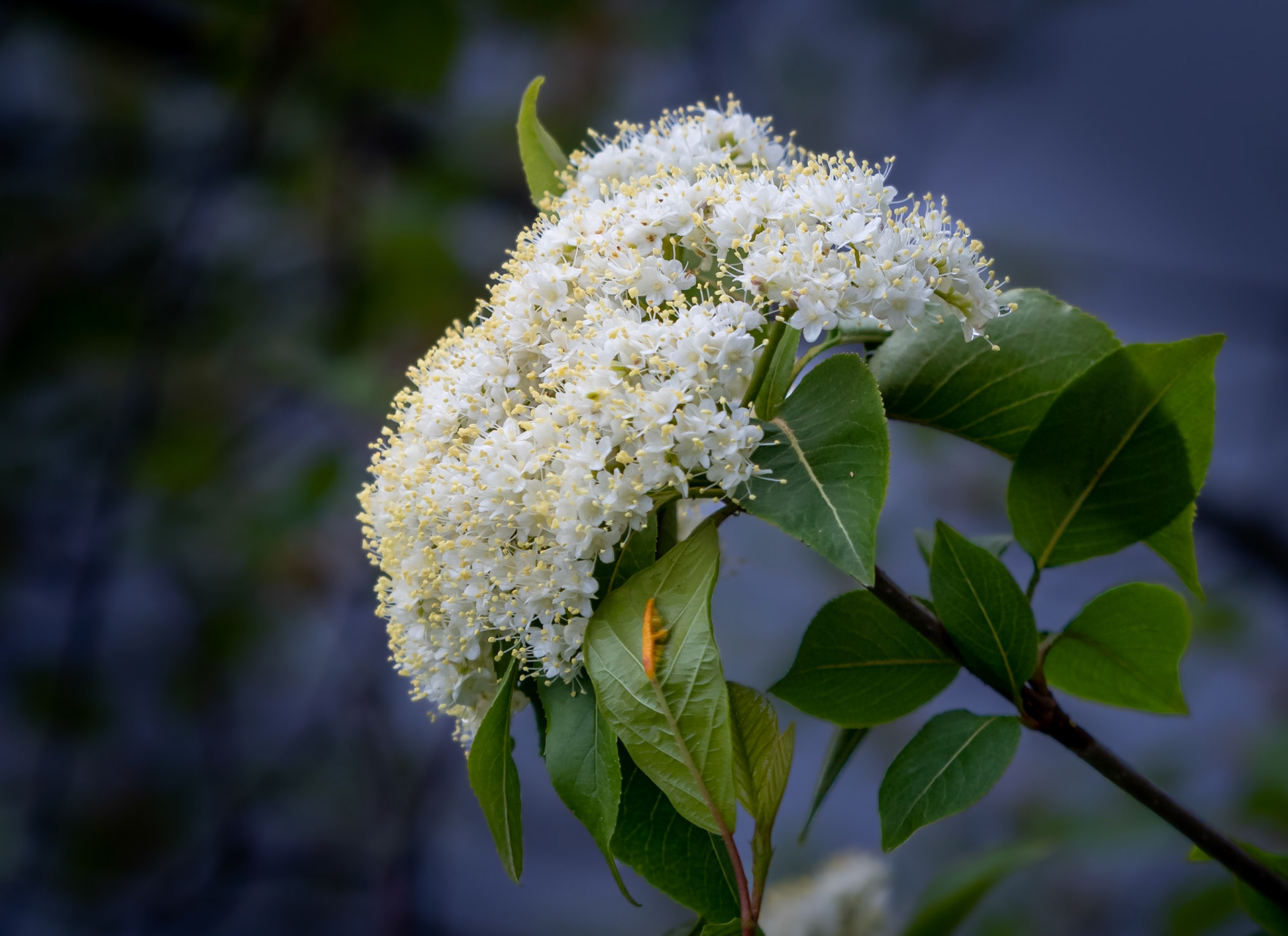
Nannyberry
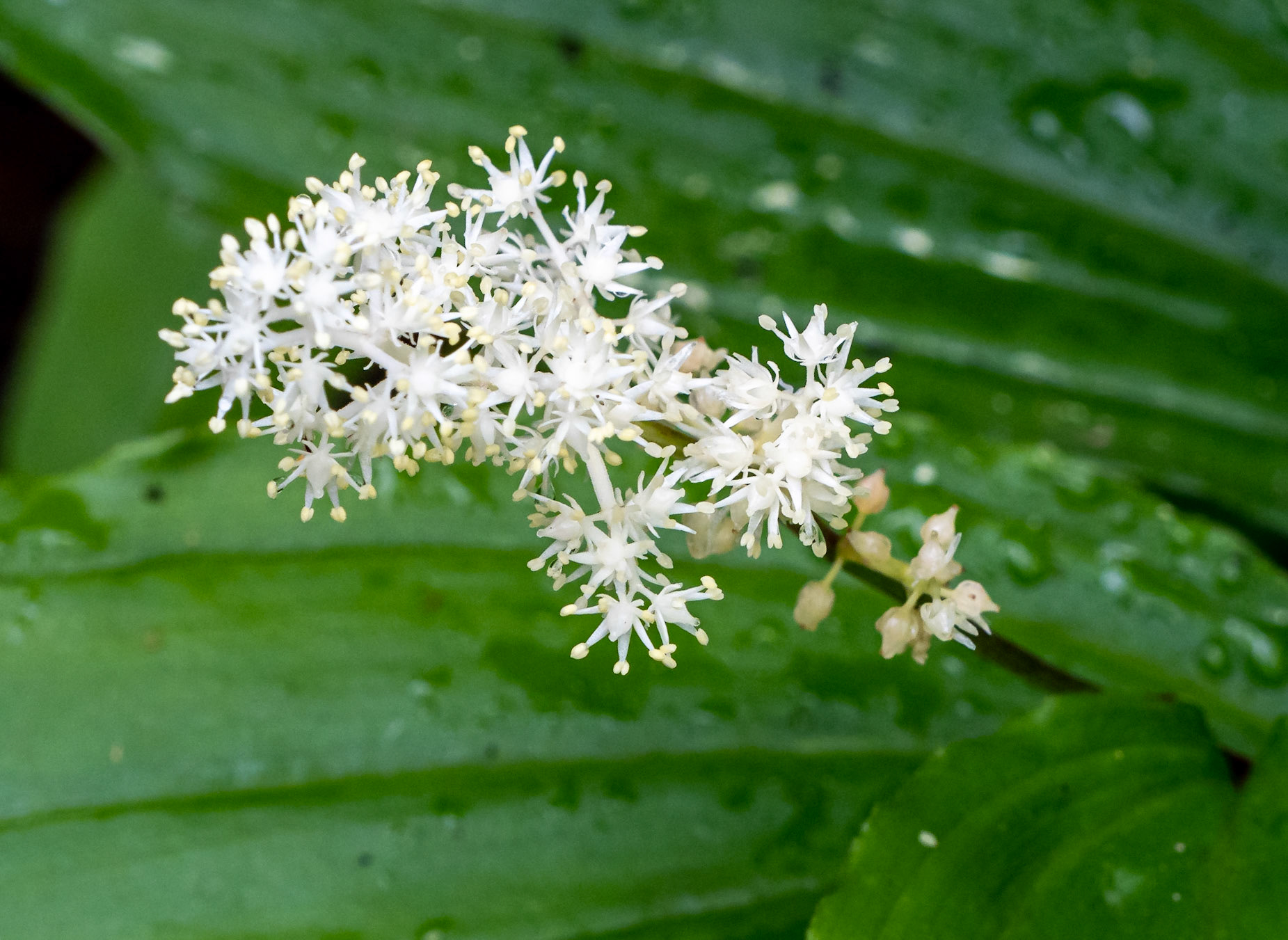
False soloman seal
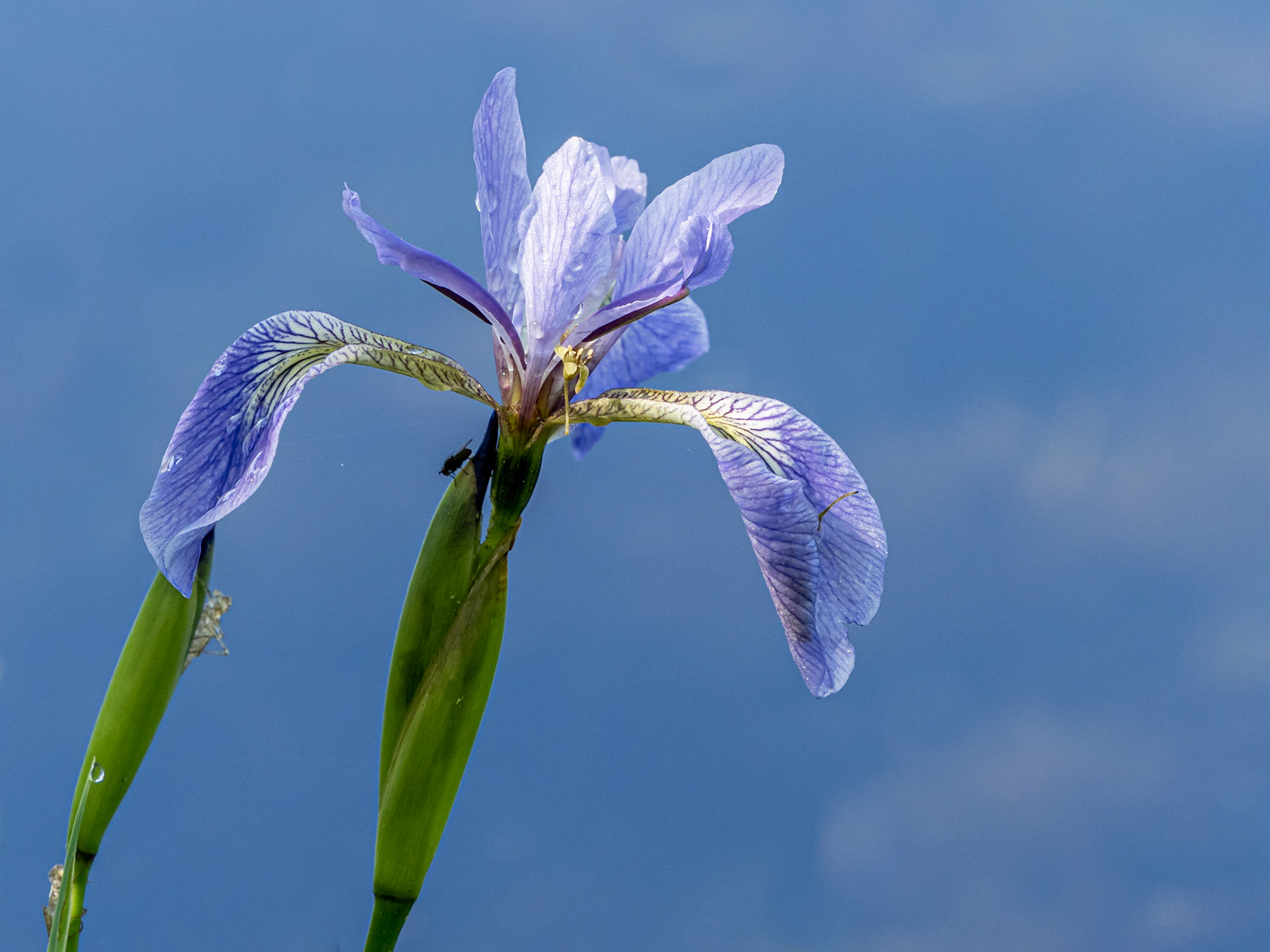
Blue flag
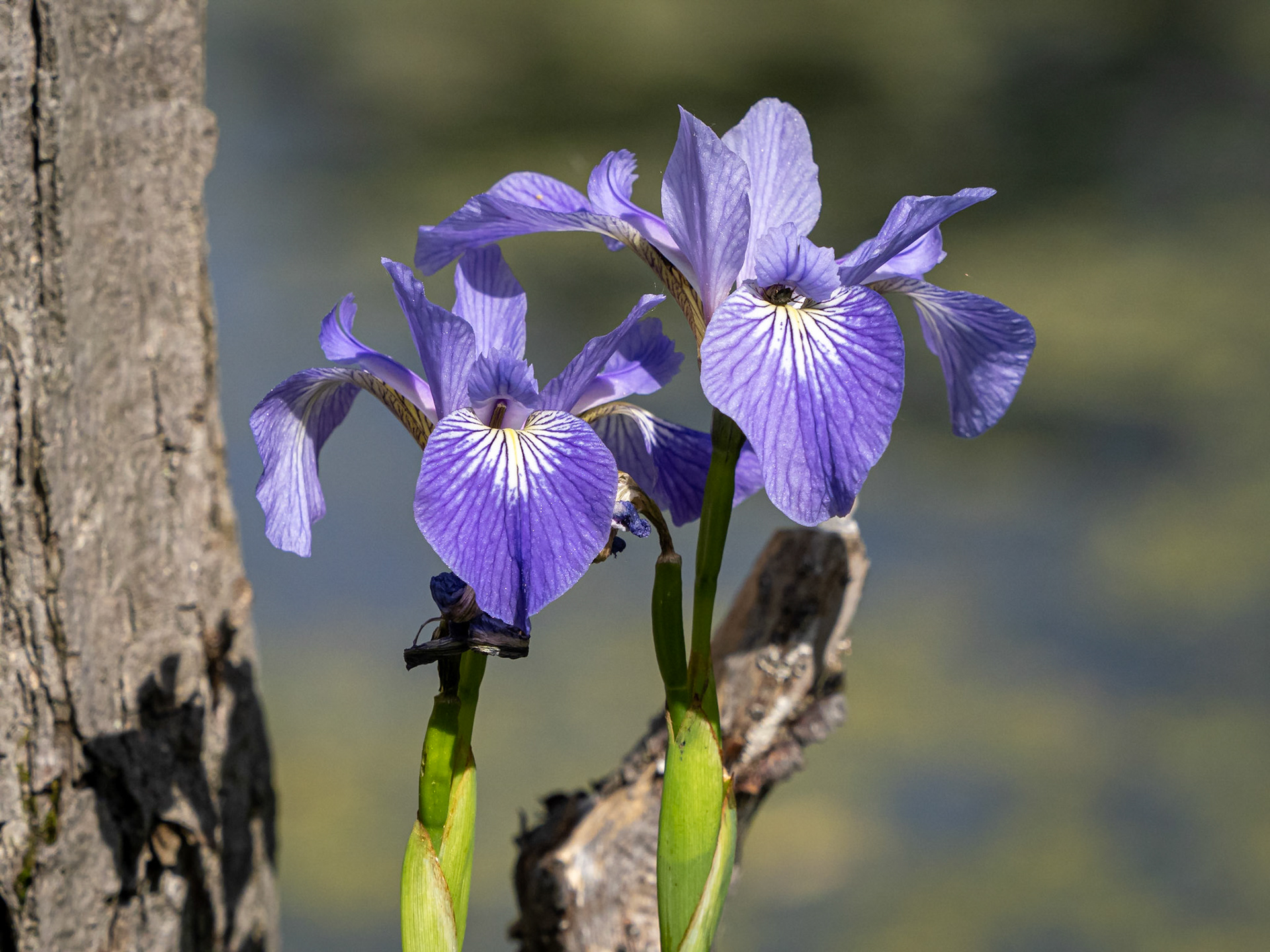
Blue Flag
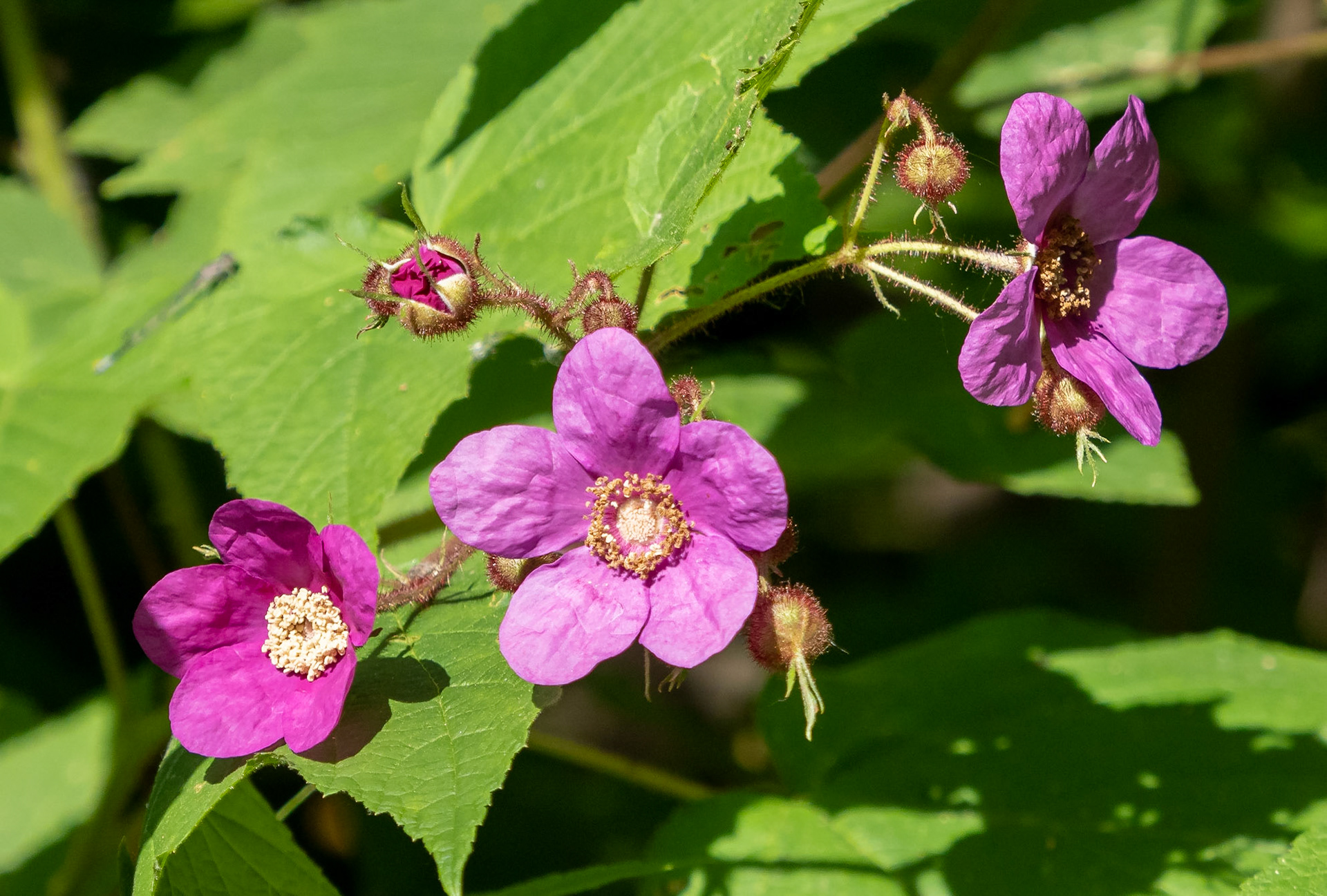
Purple-flowering raspberry
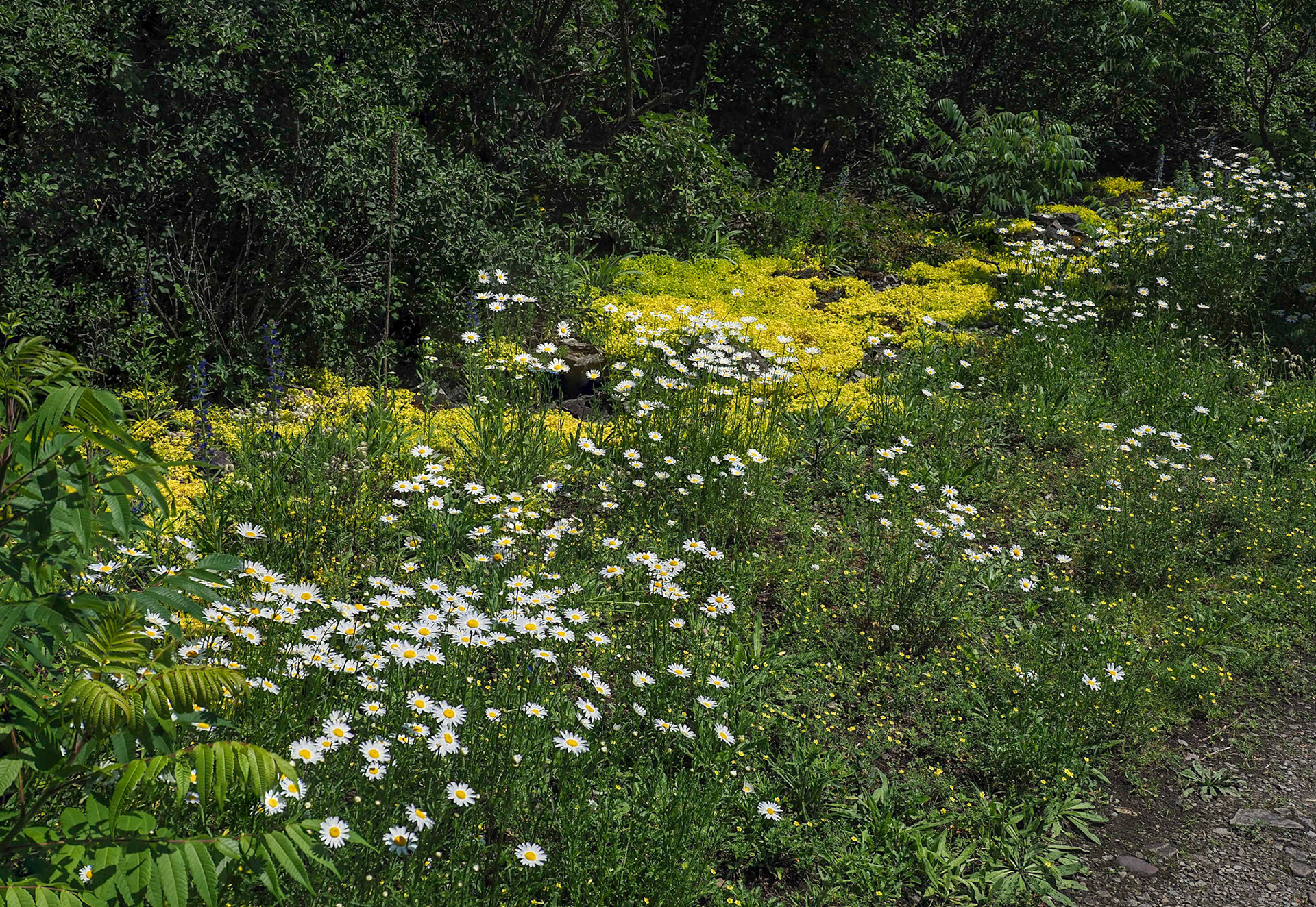
The area where the lovely ground frost is in winter was covered by yellow stonecrop
There seemed to be more mushrooms around than normal for this time of year.
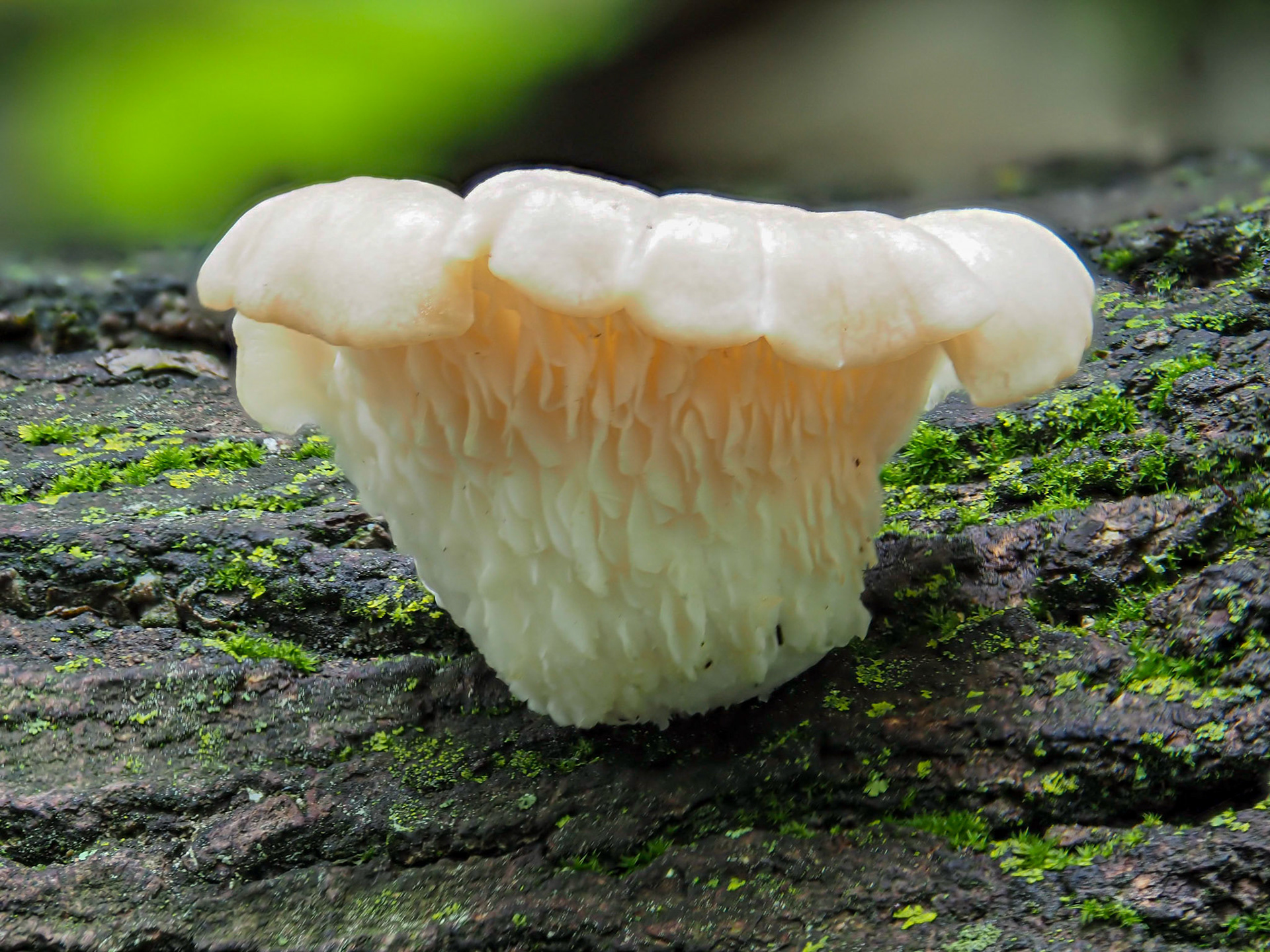

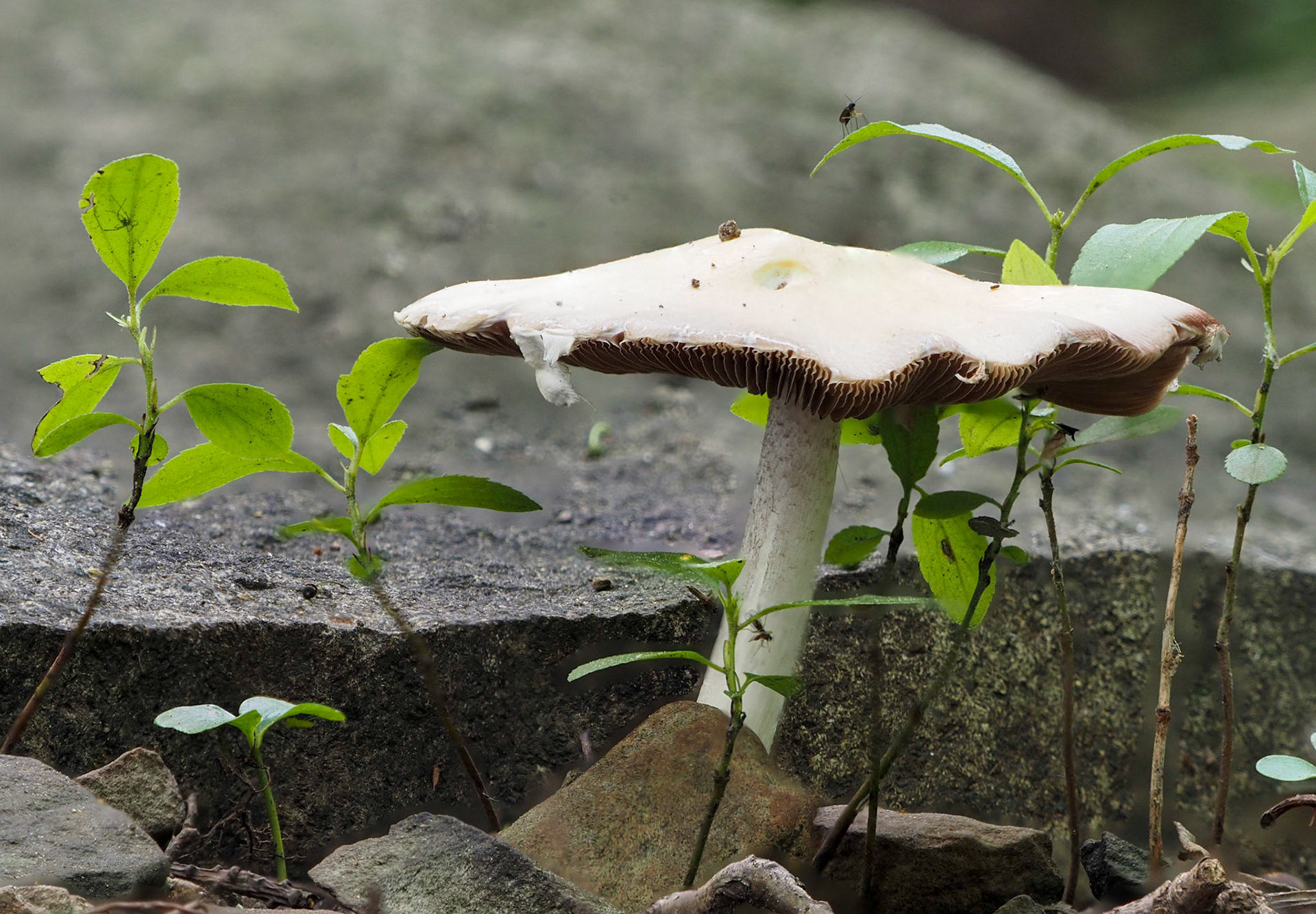
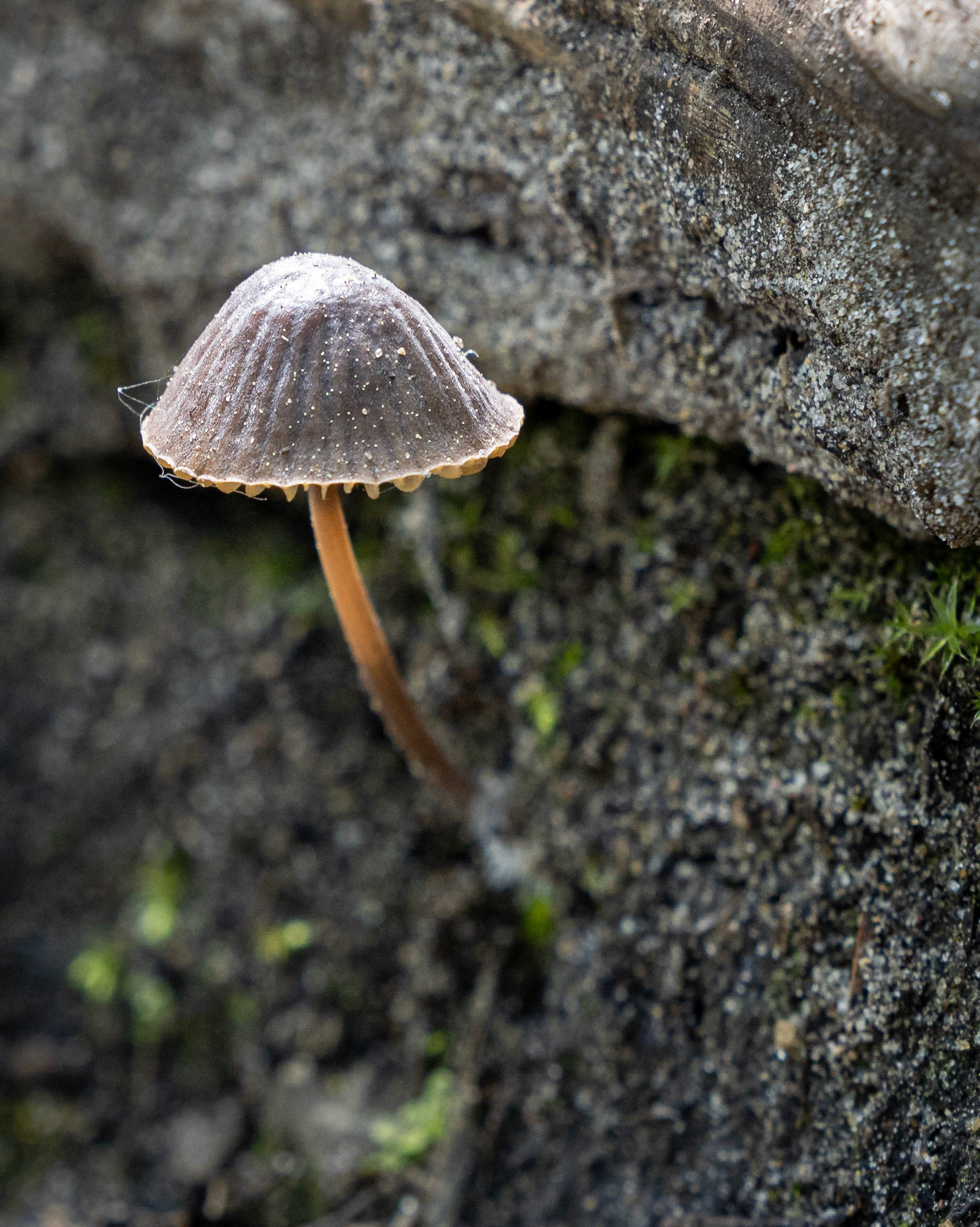
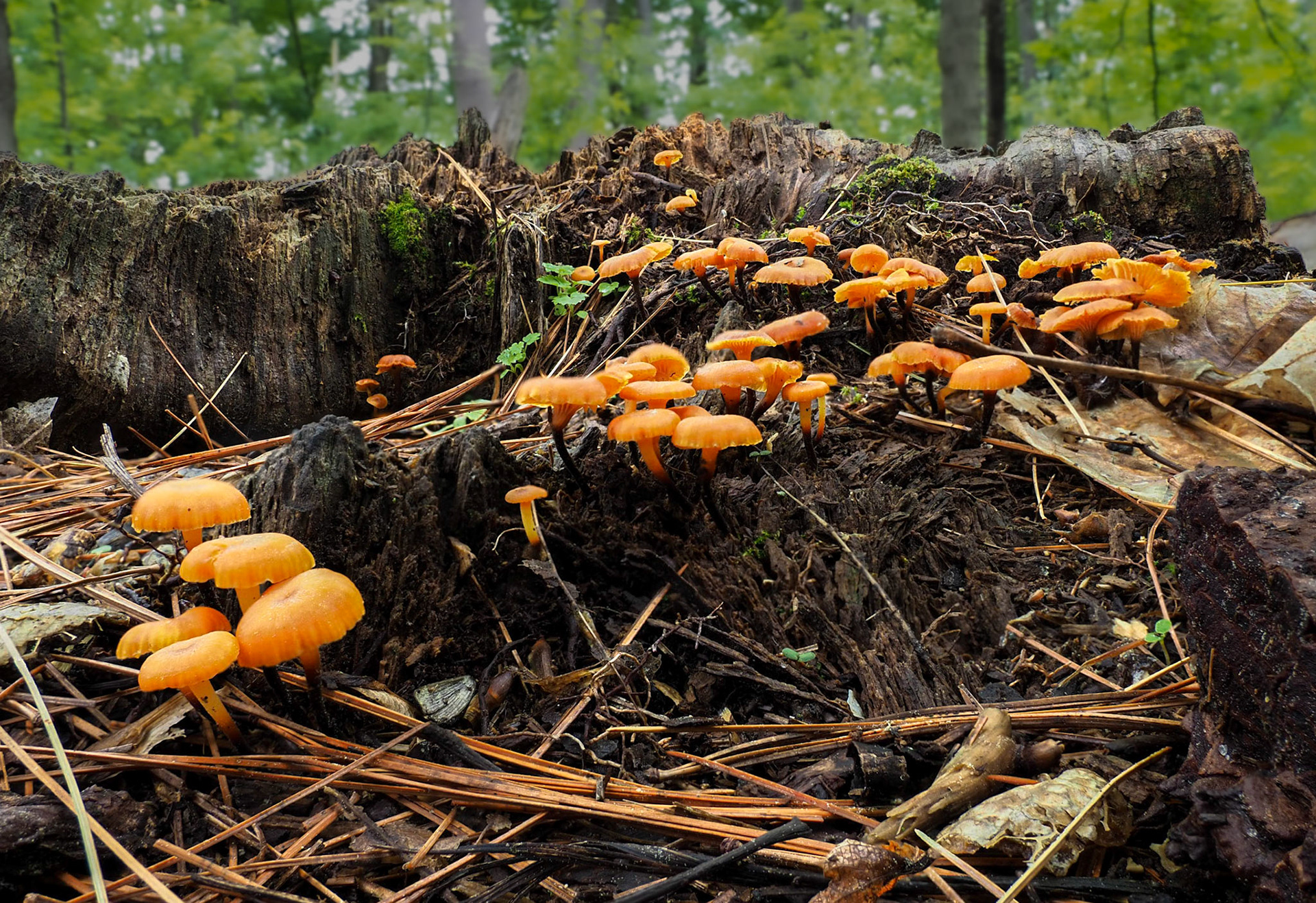
Another photographer was busy shooting at the base of a decaying stump. He pointed out the "deadman's fingers" to me. I had never heard of them, let alone seen any before.. A half hour later I found another small bunch.

Two types of "insectivores" were out - dragonflies/damselflies and frogs.
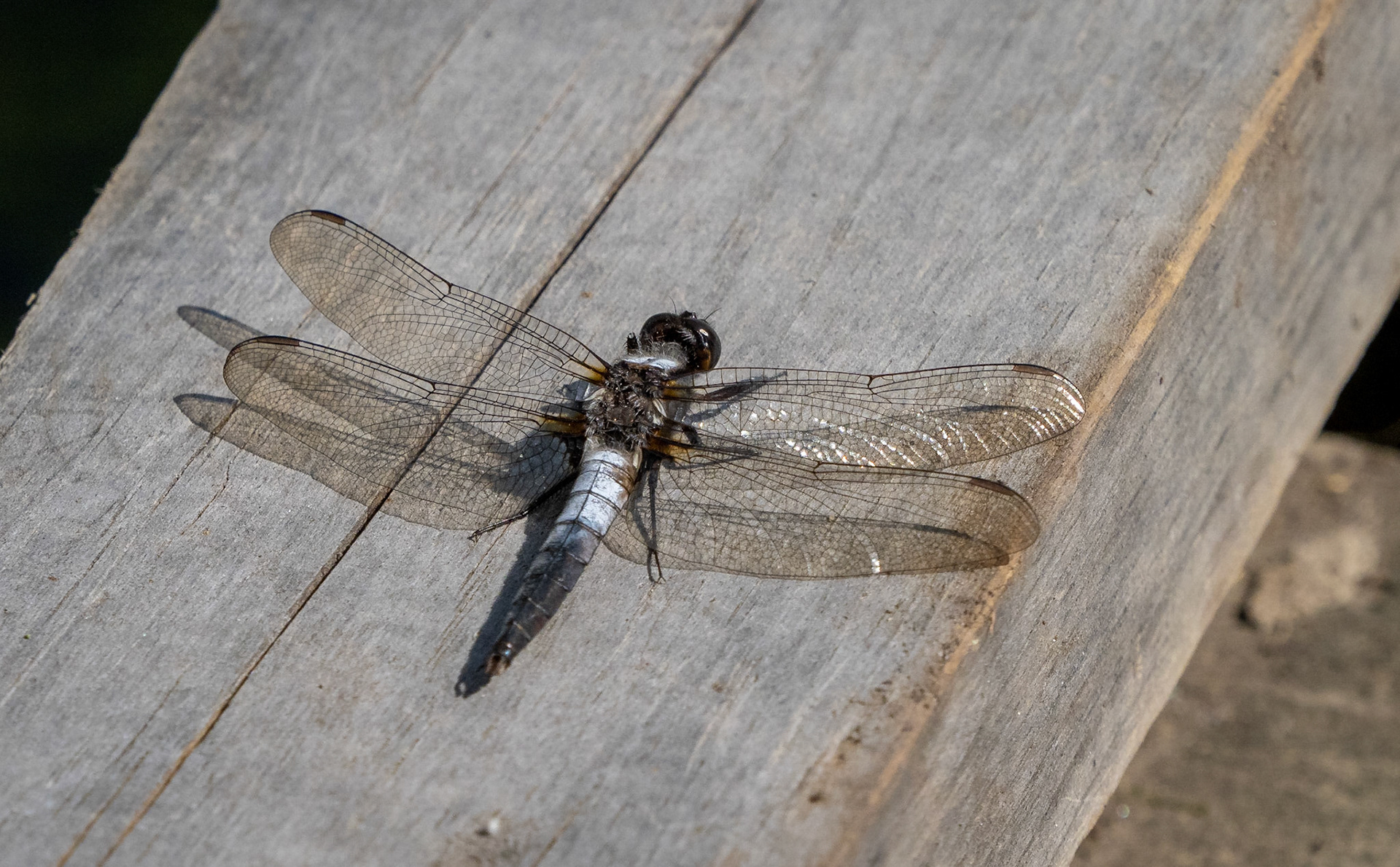
Chalk-fronted corporal dragonfly
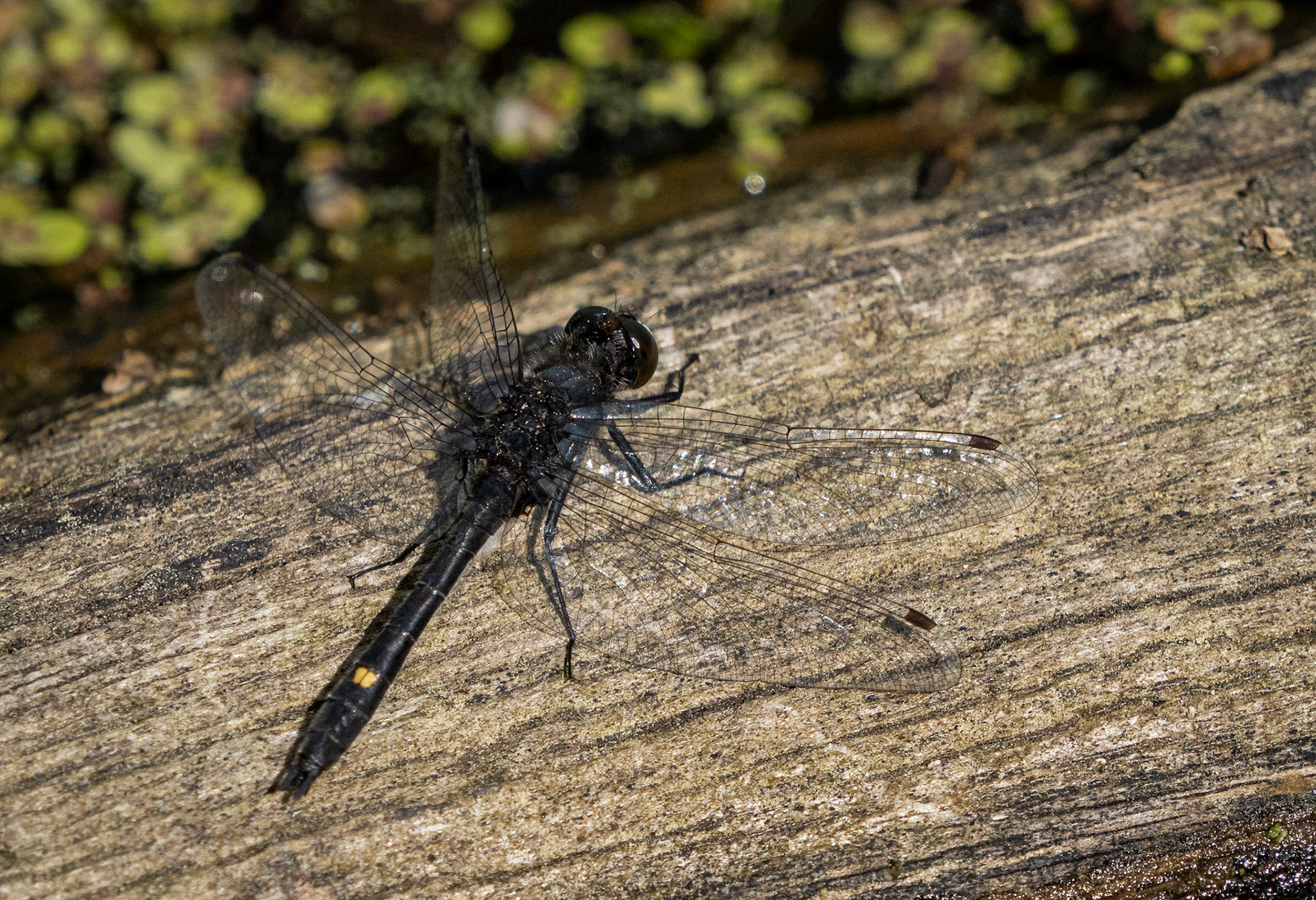
Dot-tailed whitefaced dragonfly
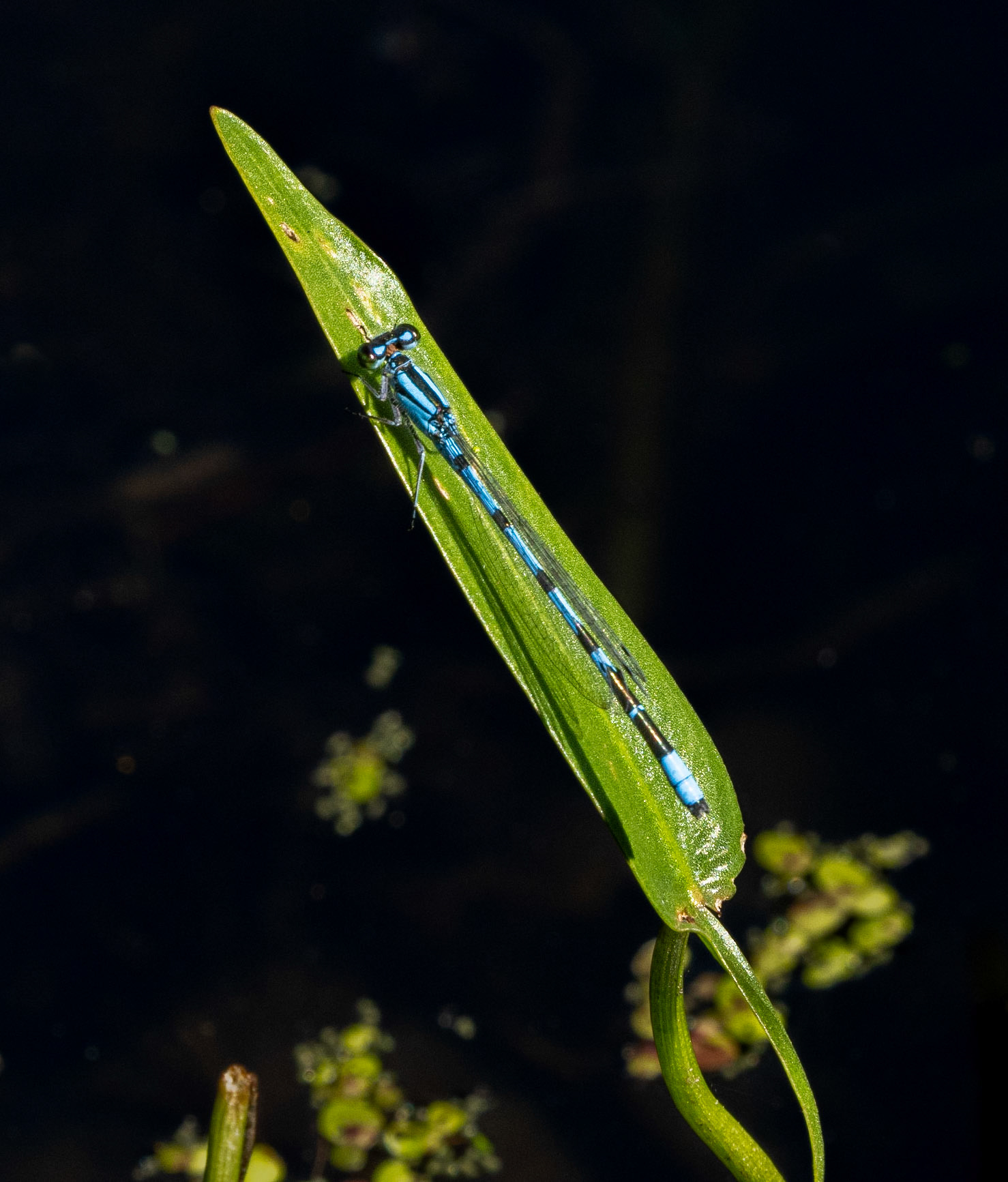
Northern bluet
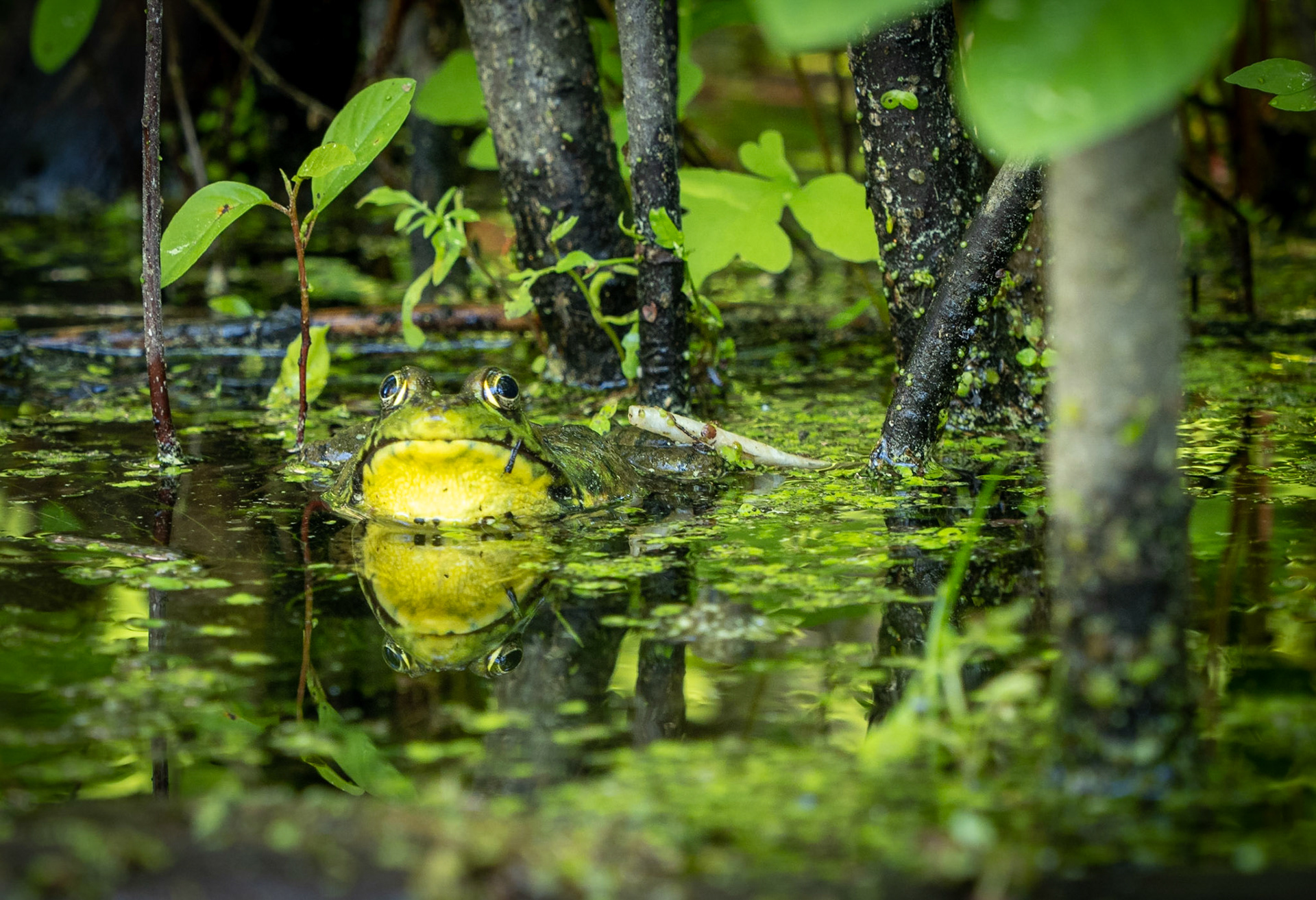
Bull frog
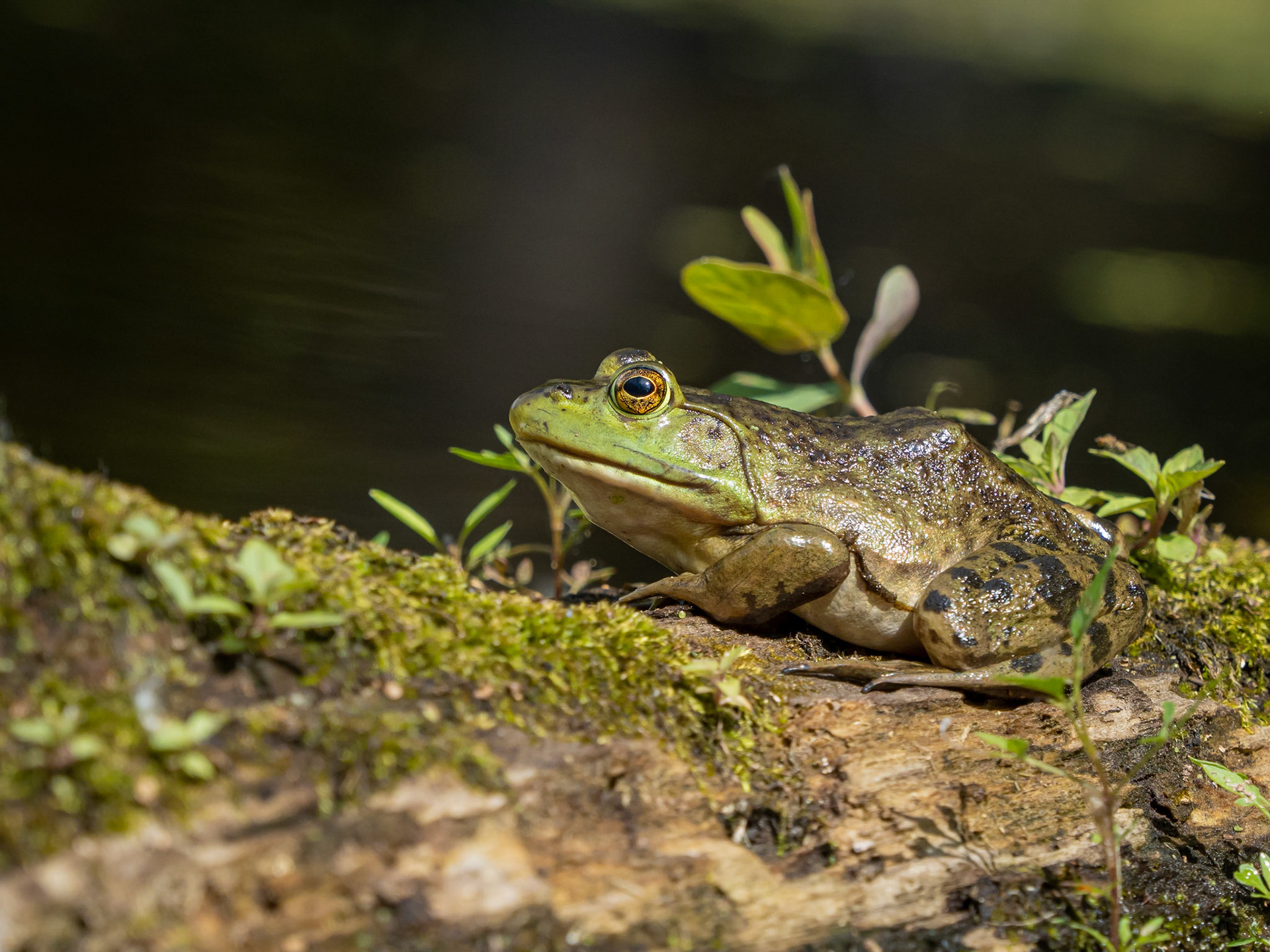
Bull frog
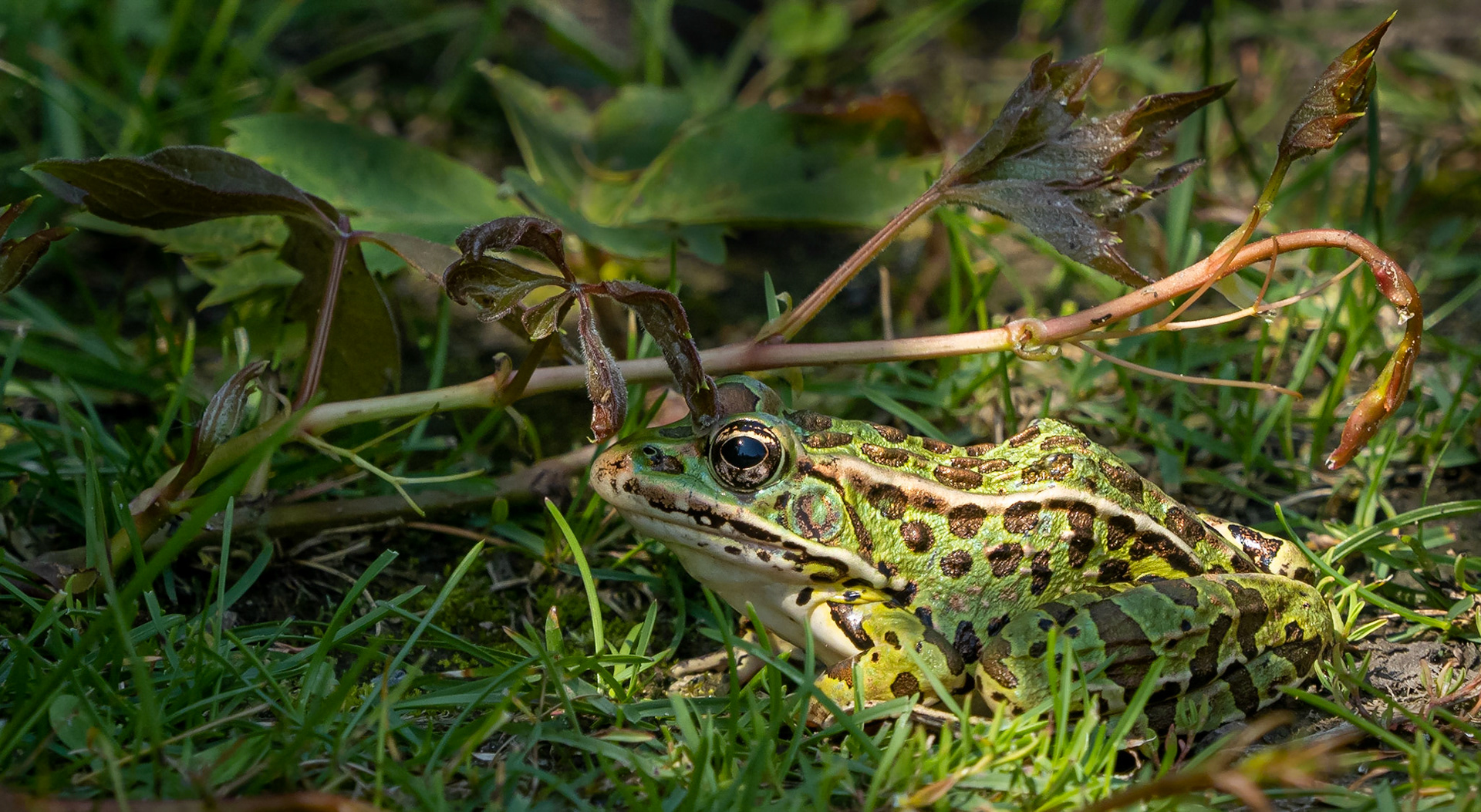
Leopard frog
Both the dragonflies and damselflies were in full mating mode. The northern bluet damselflies were the most co-operative from a photographic point of view.
In both of the damselfly pictures (best viewed full screen) you can see what I thought were the eggs that were to be laid in the water. Turns out they were parasitic mites that live off damselfly blood.

